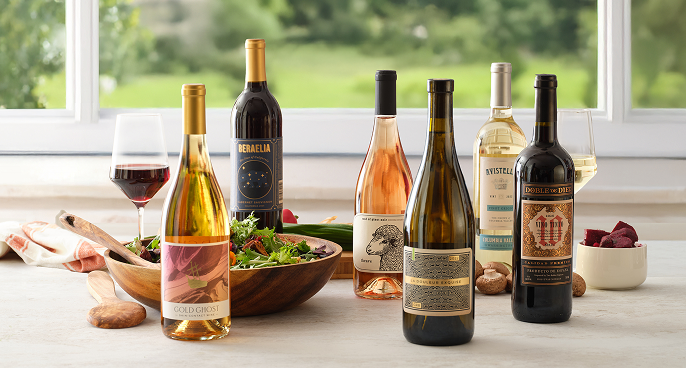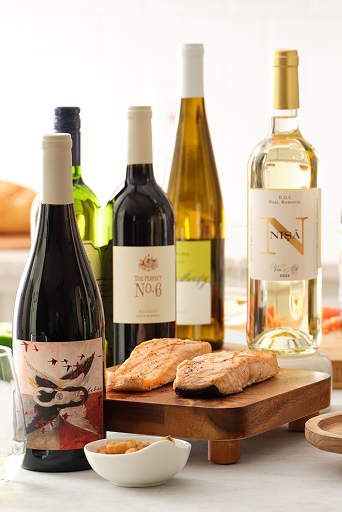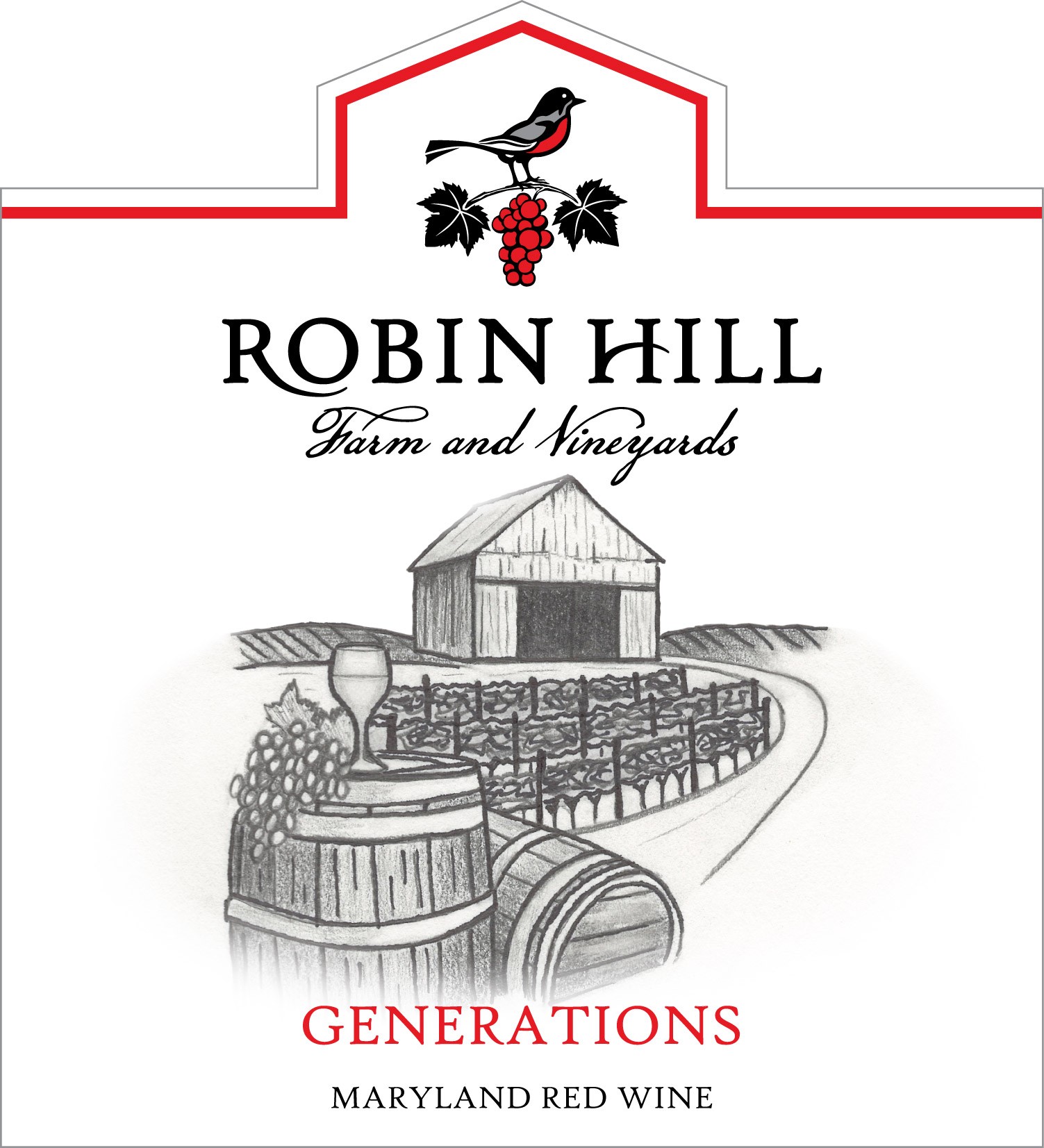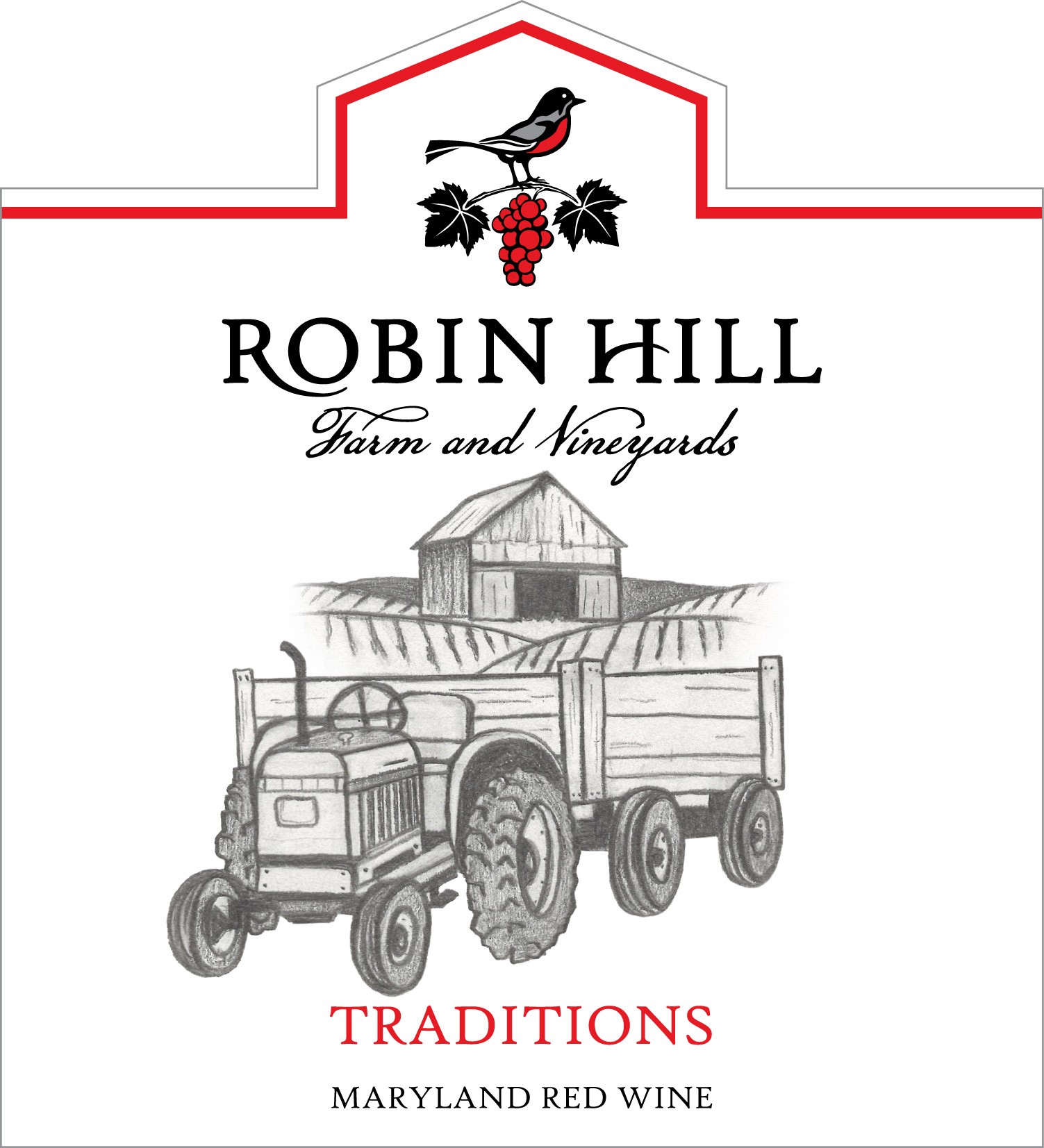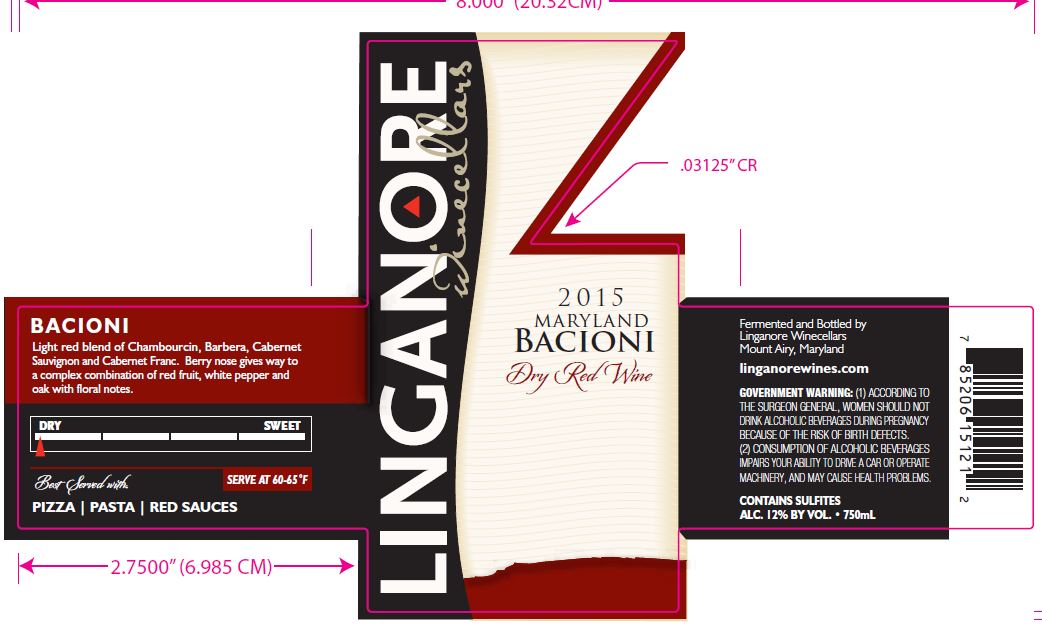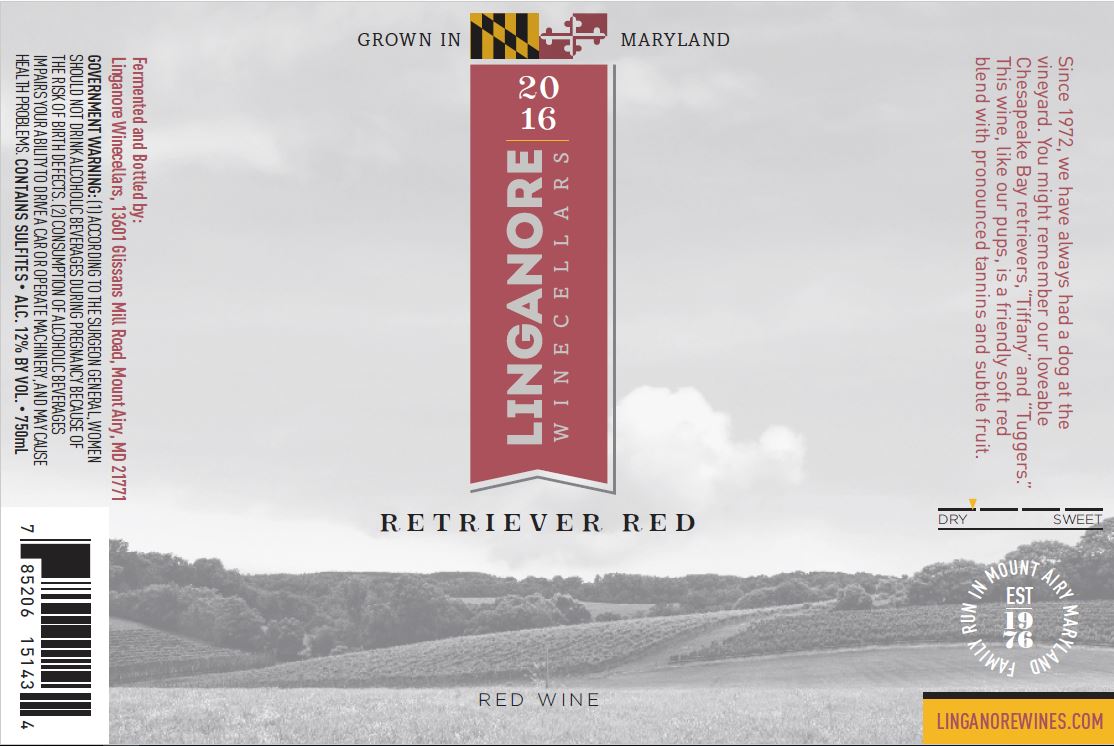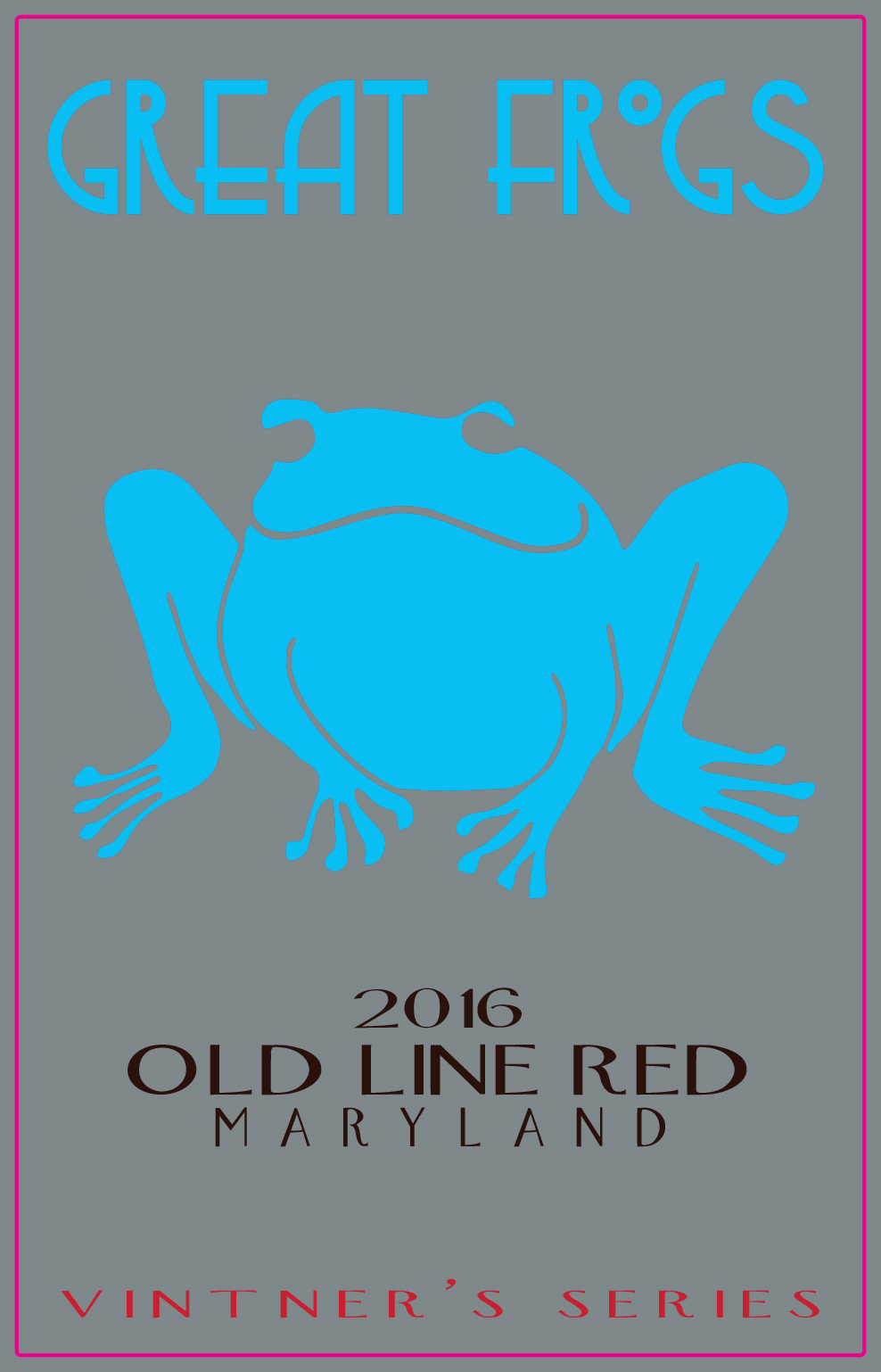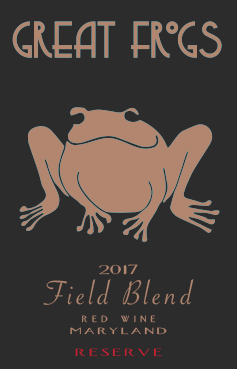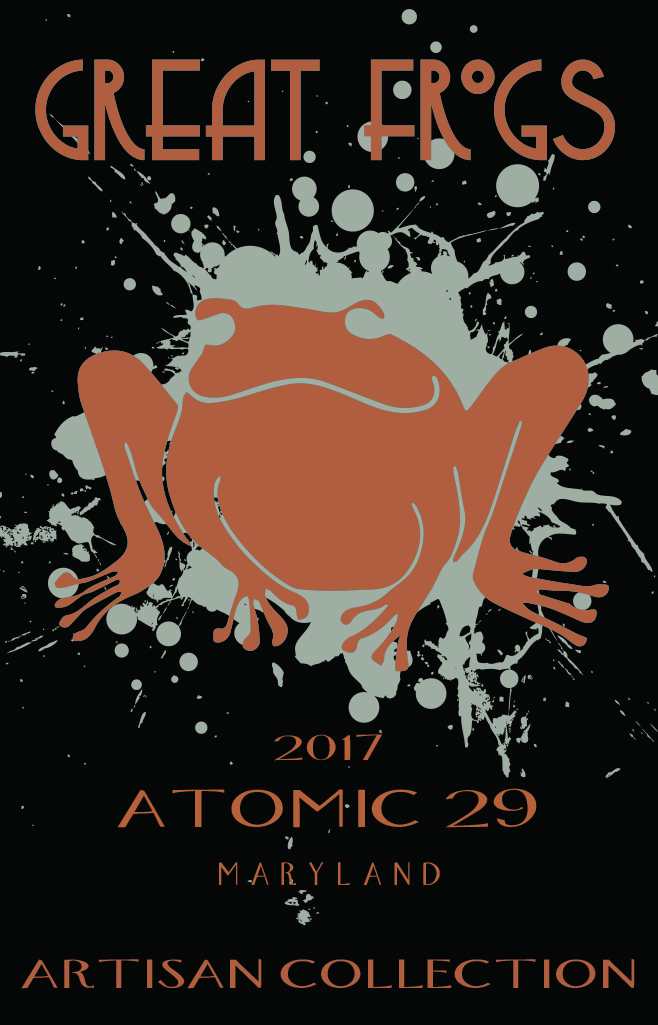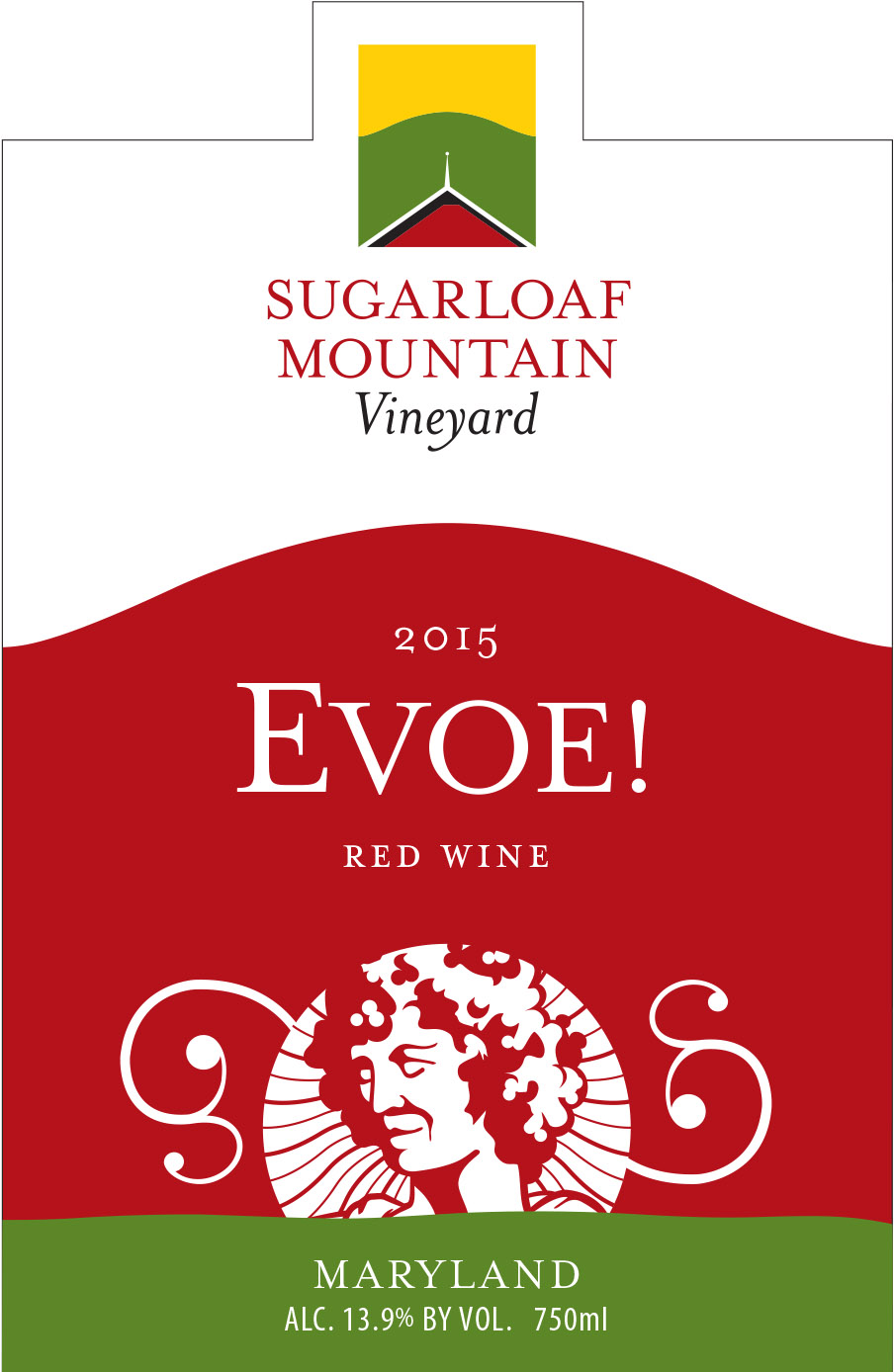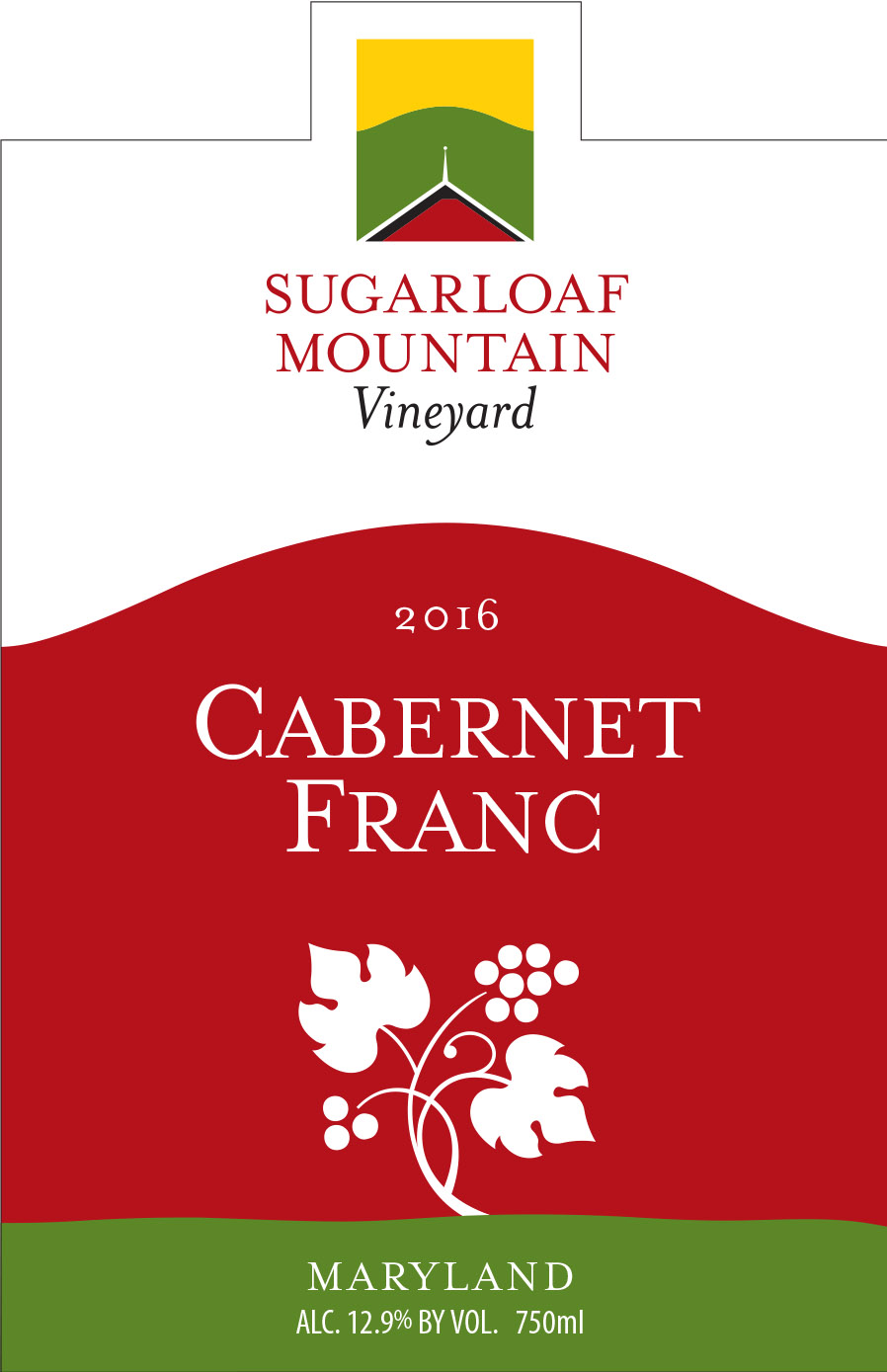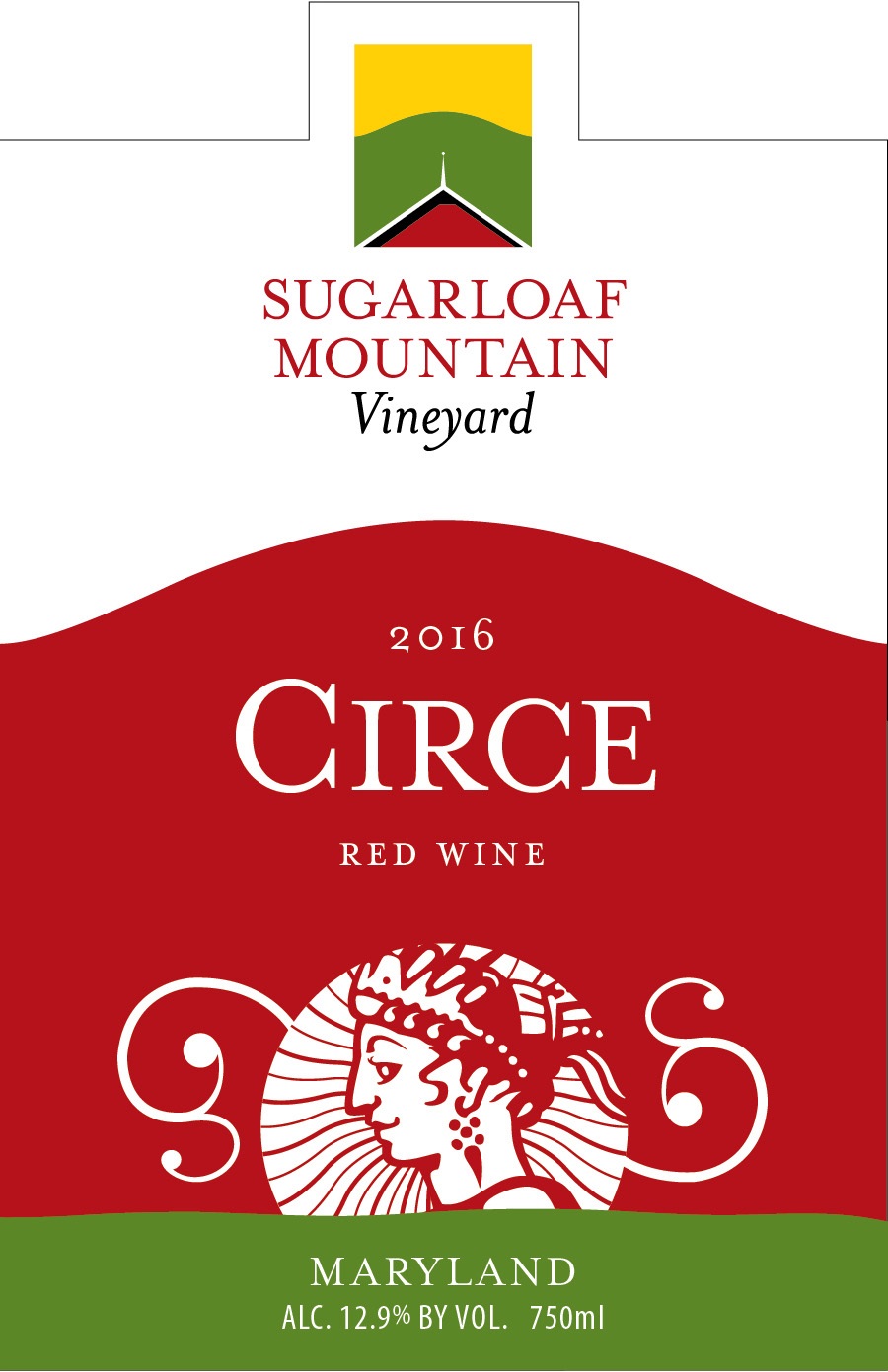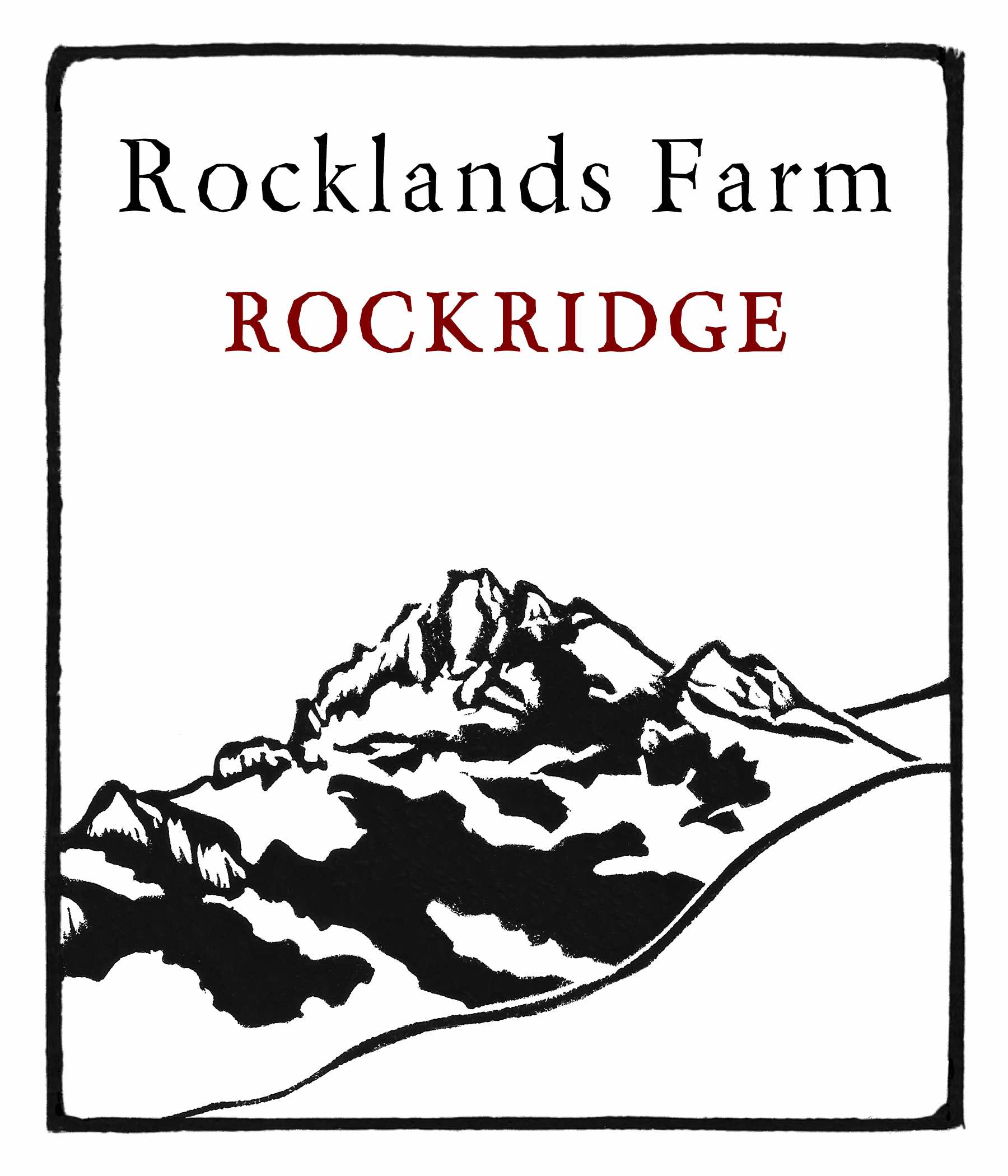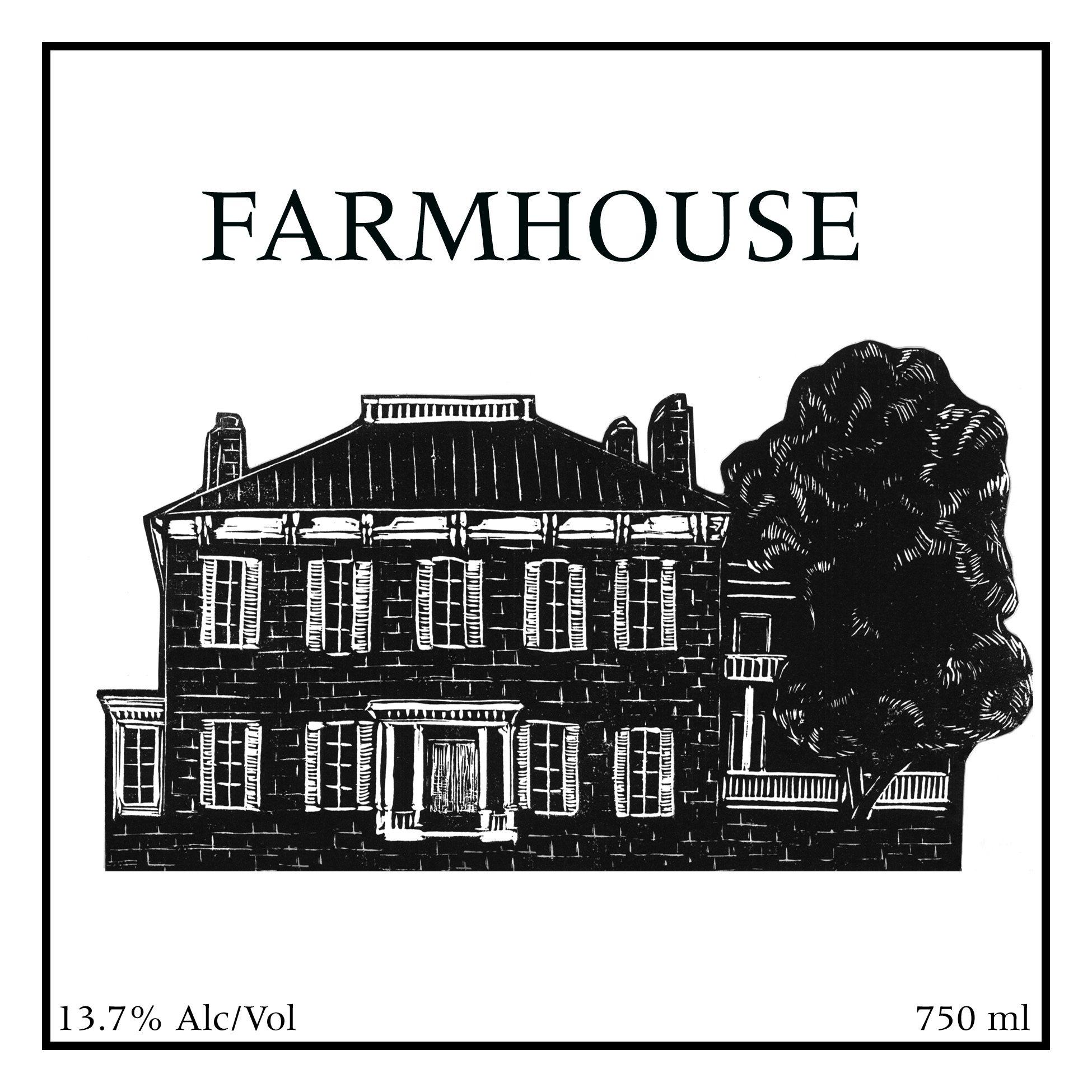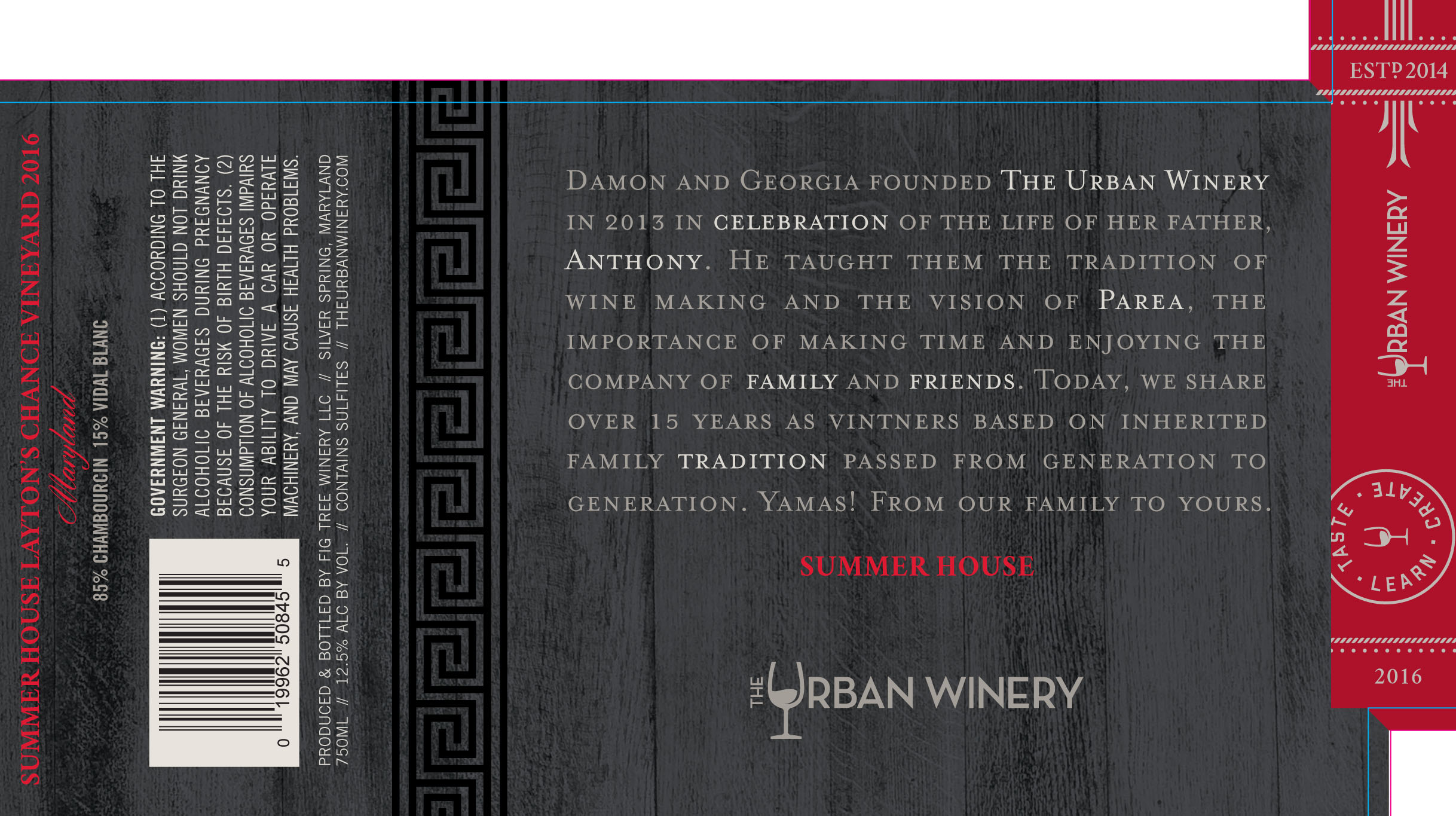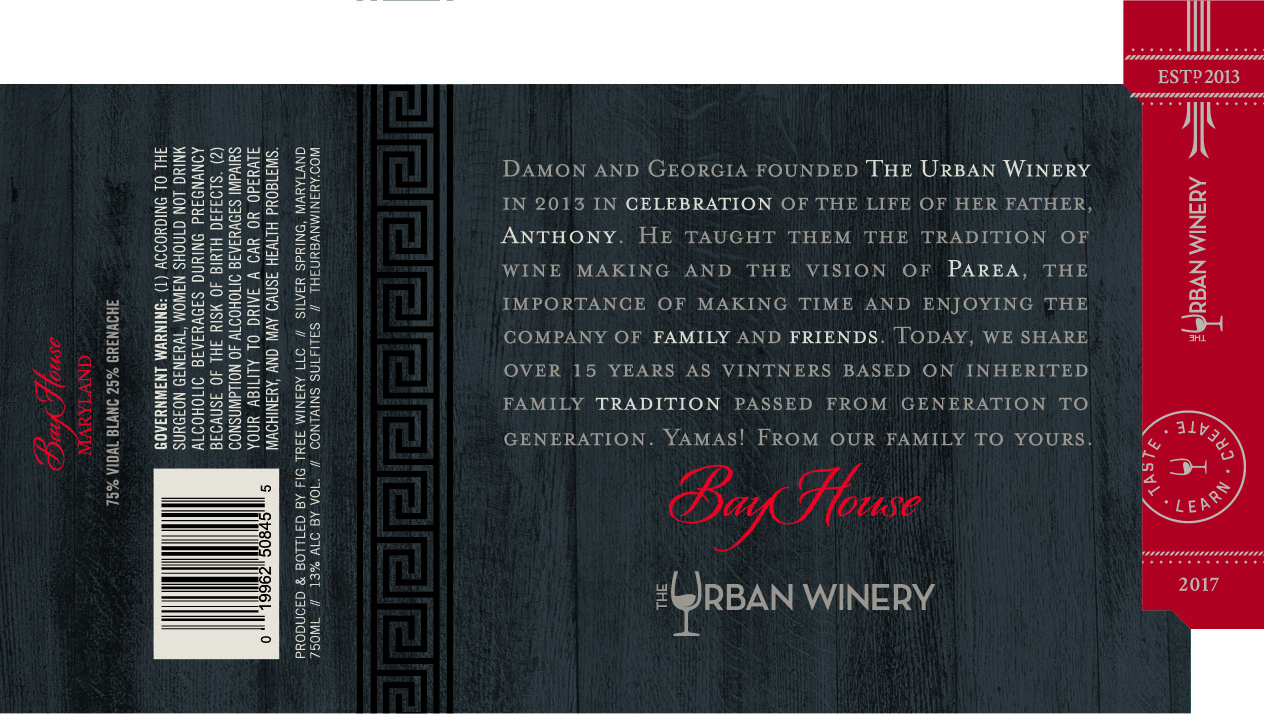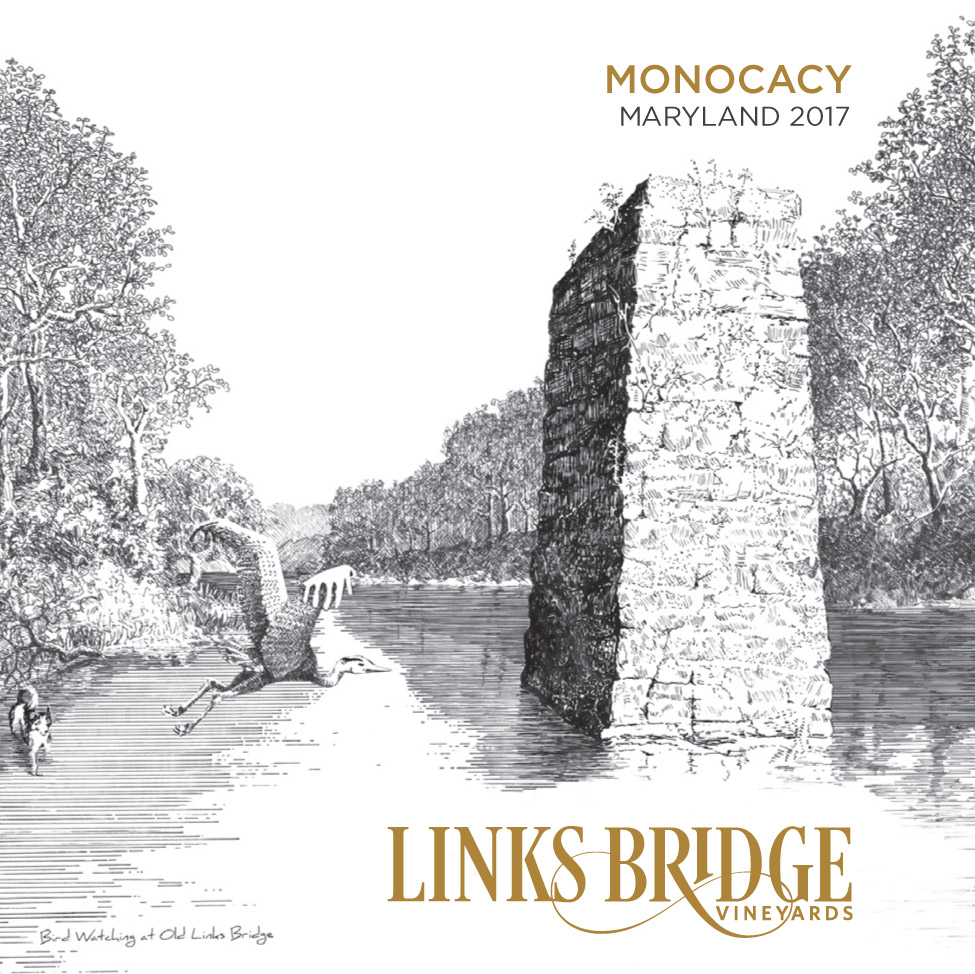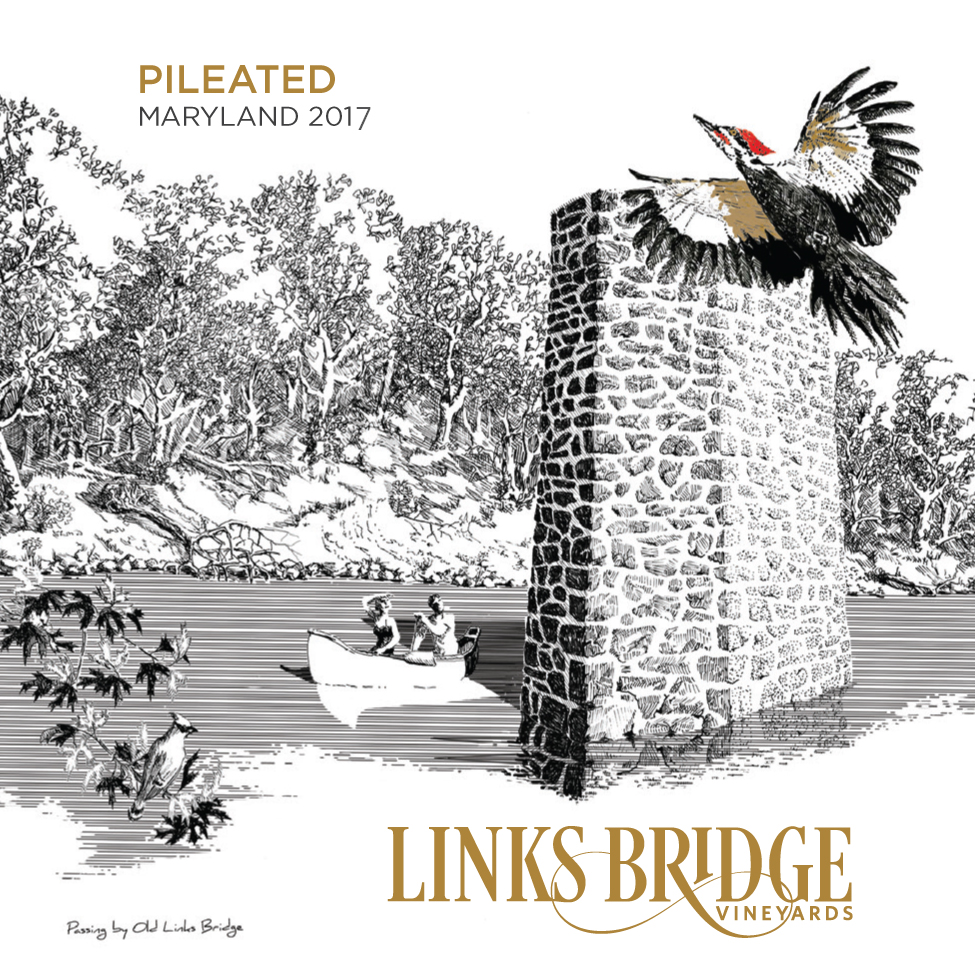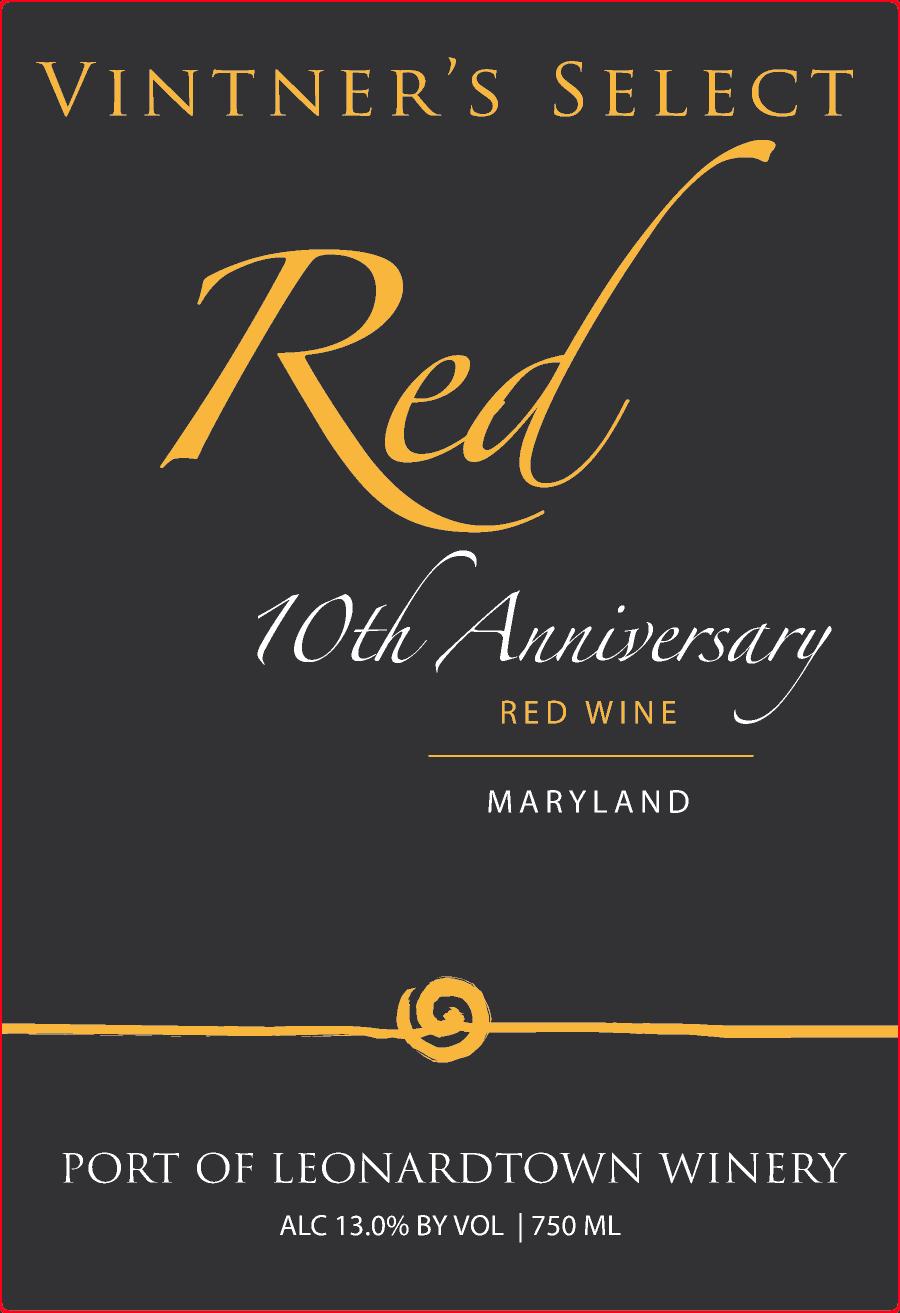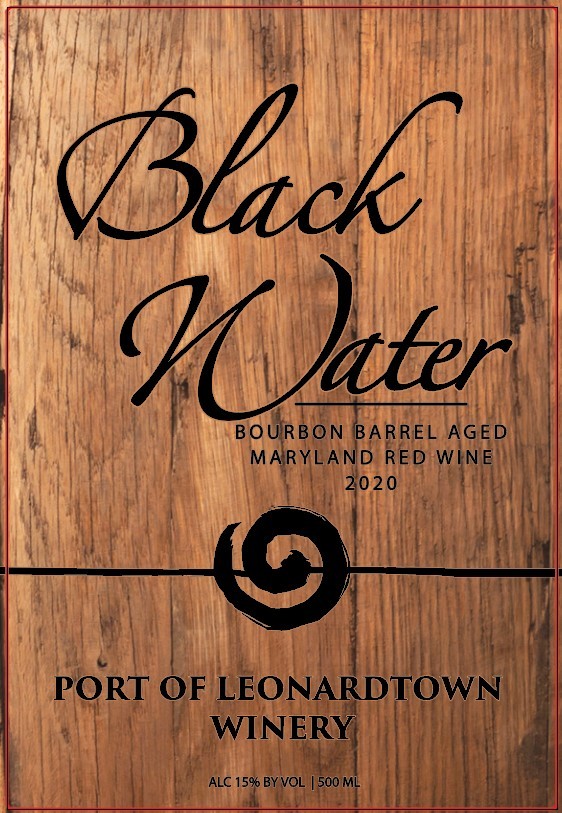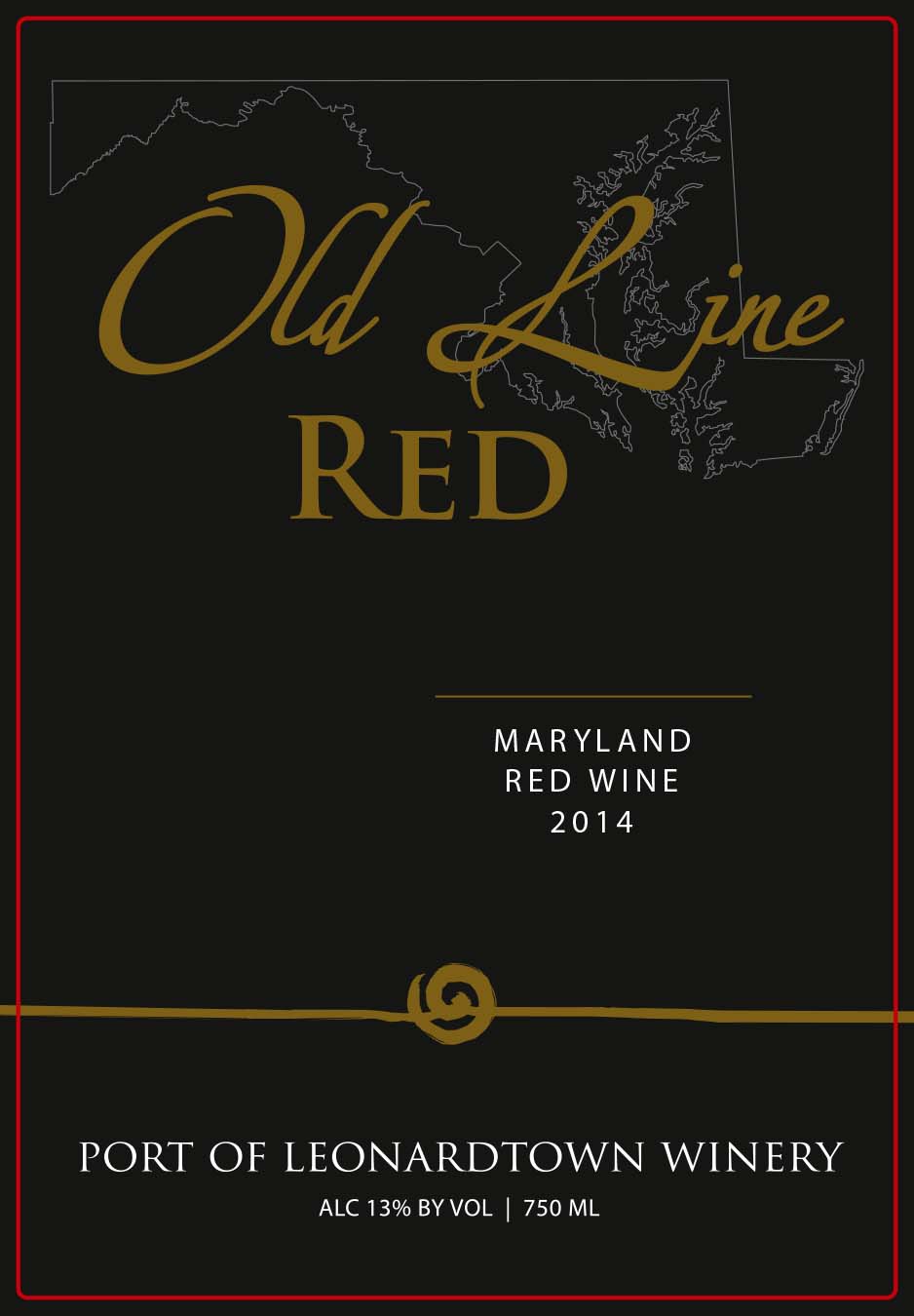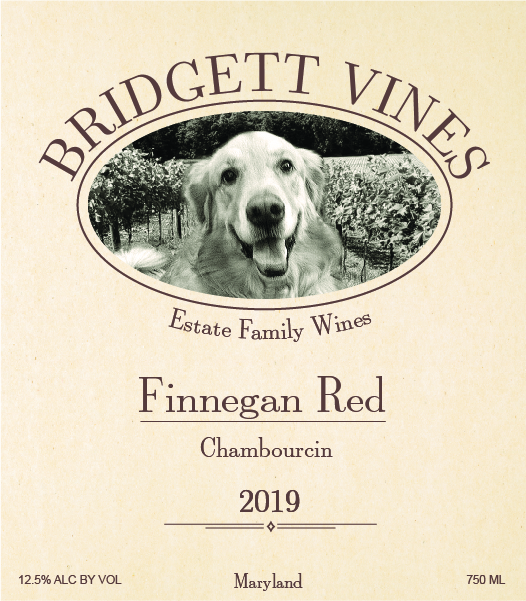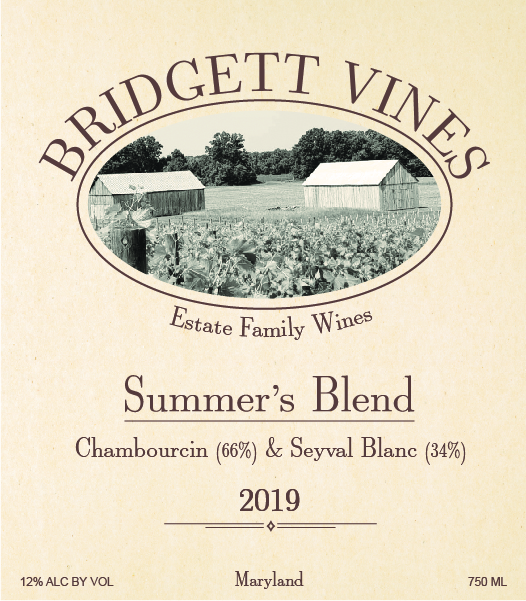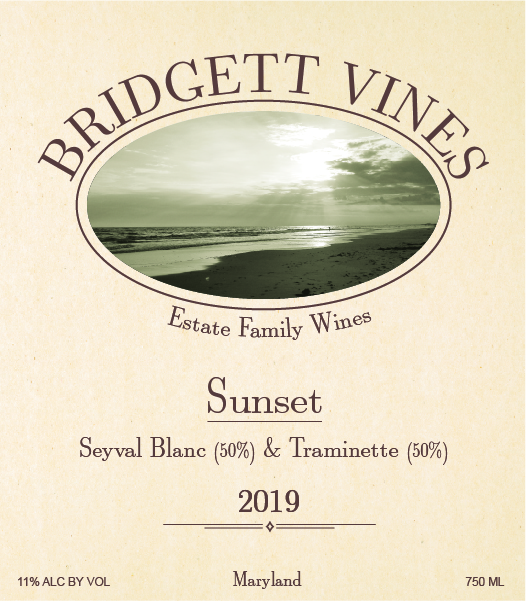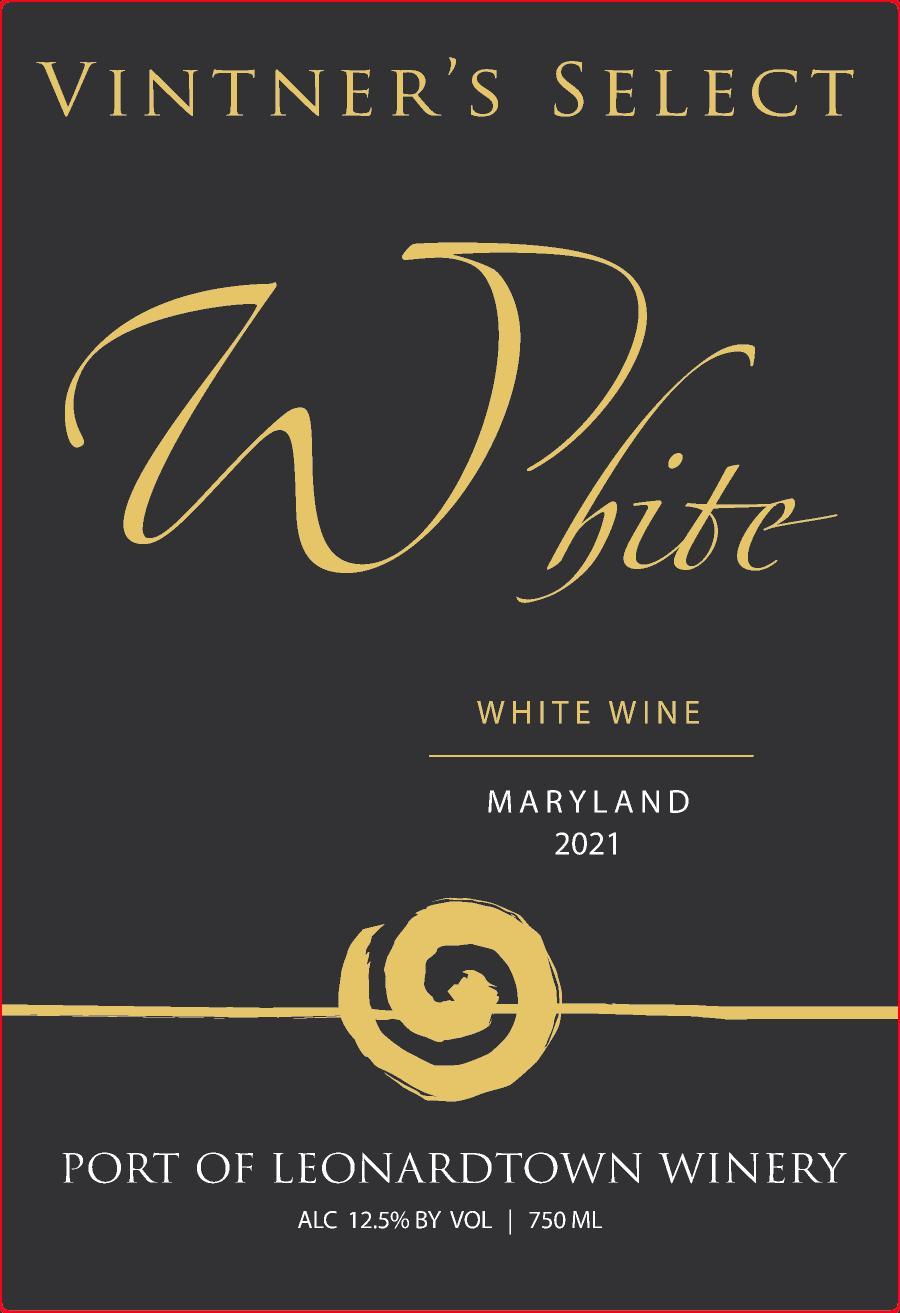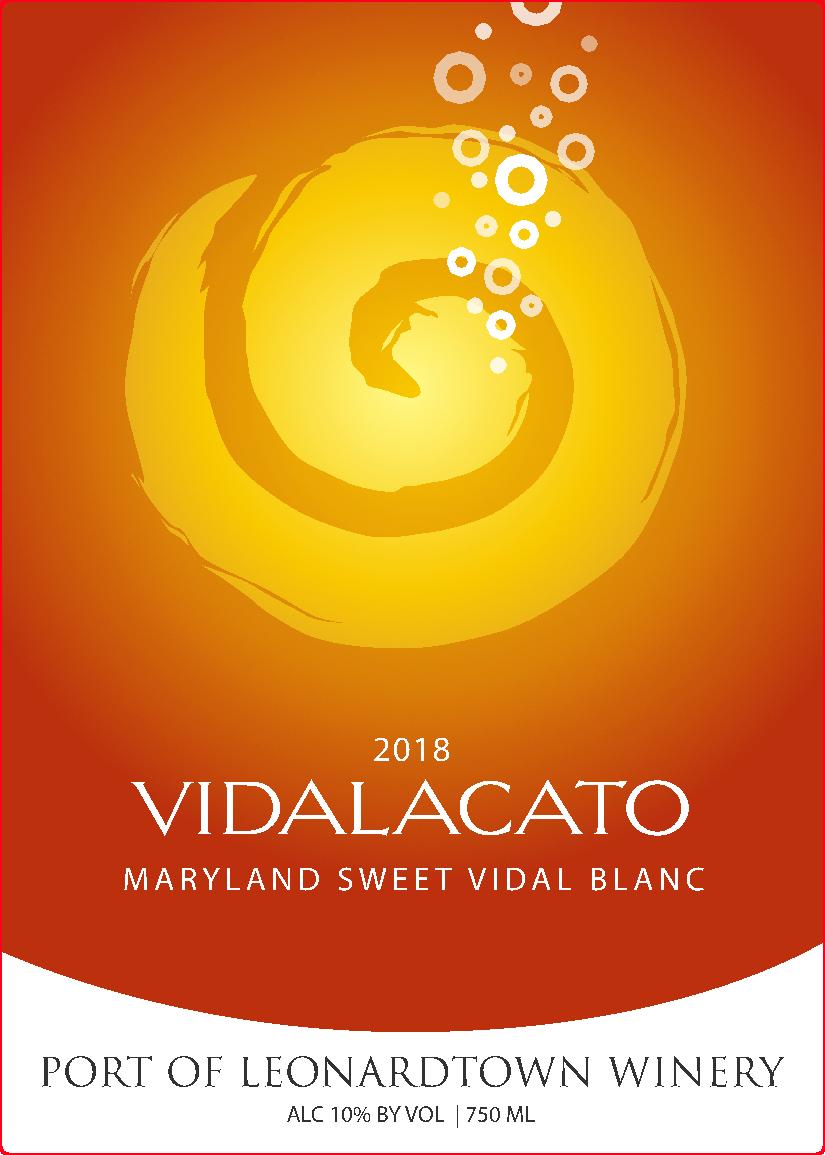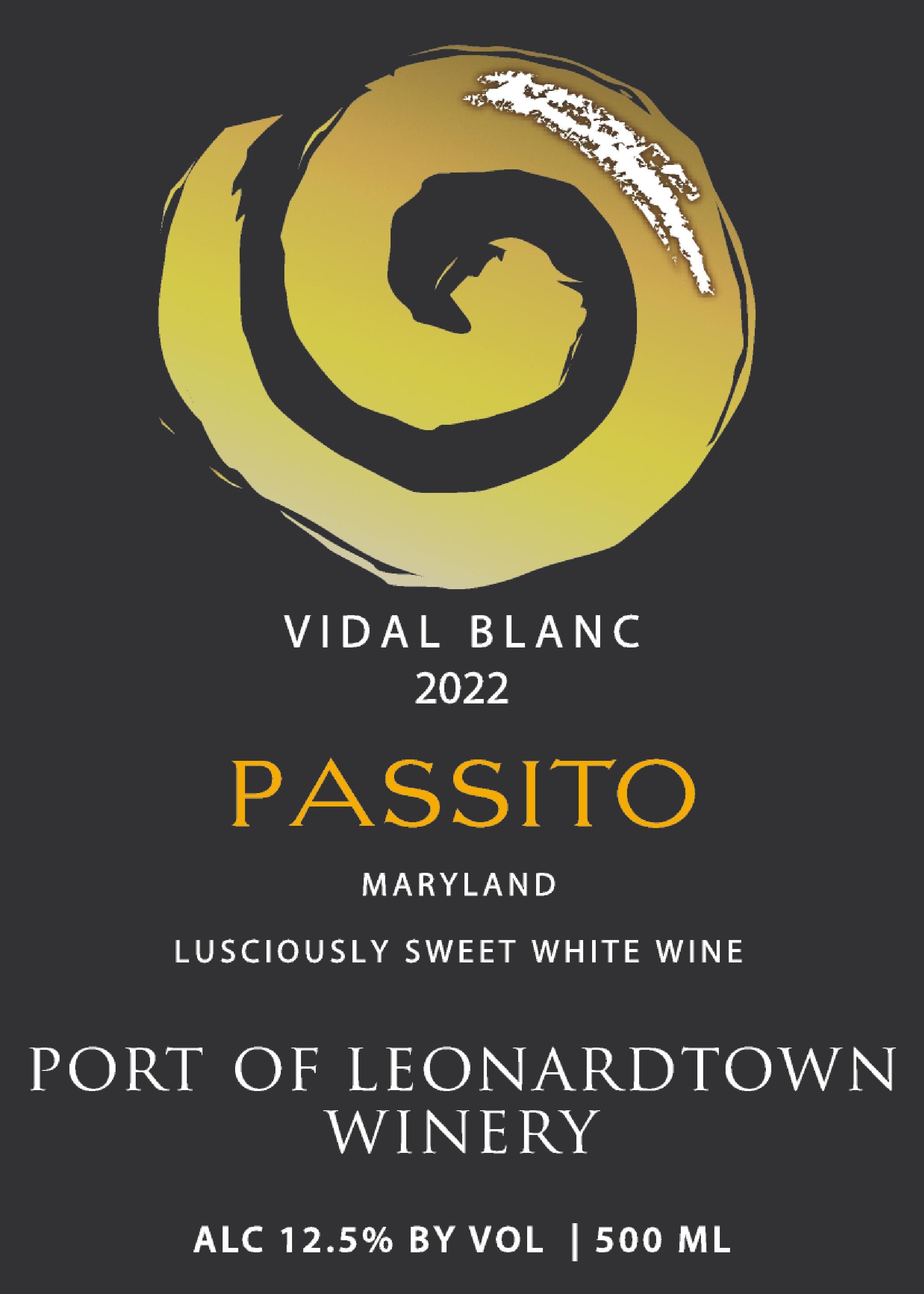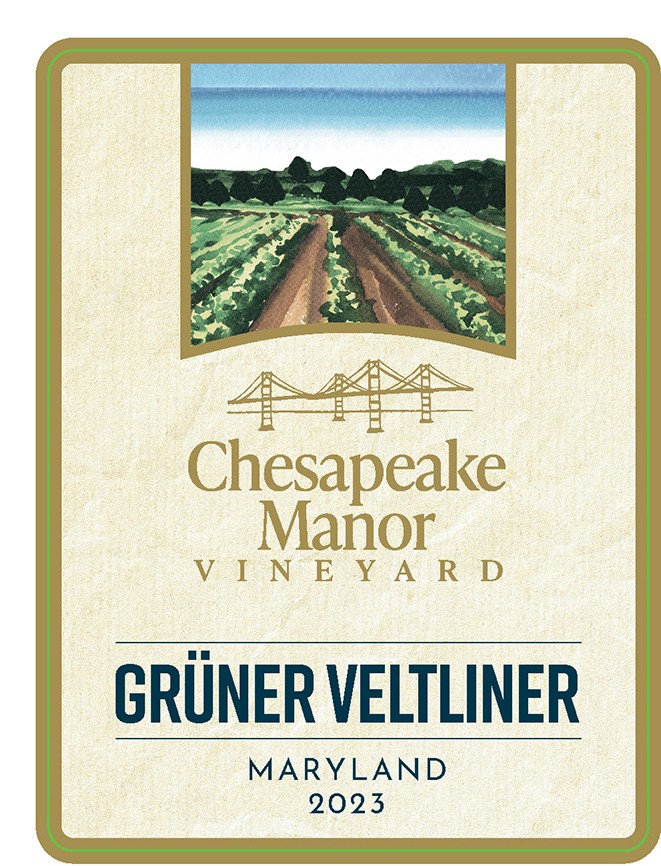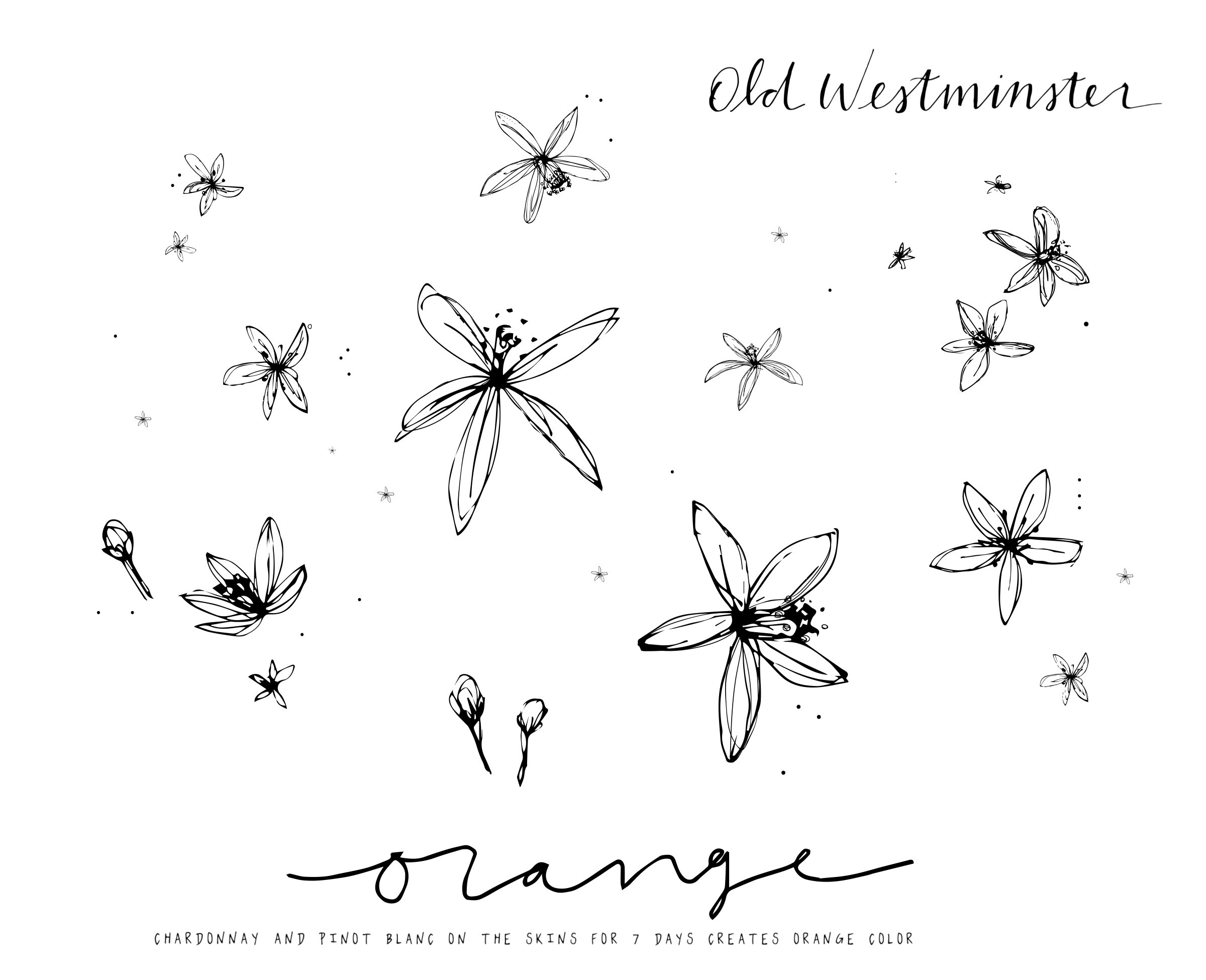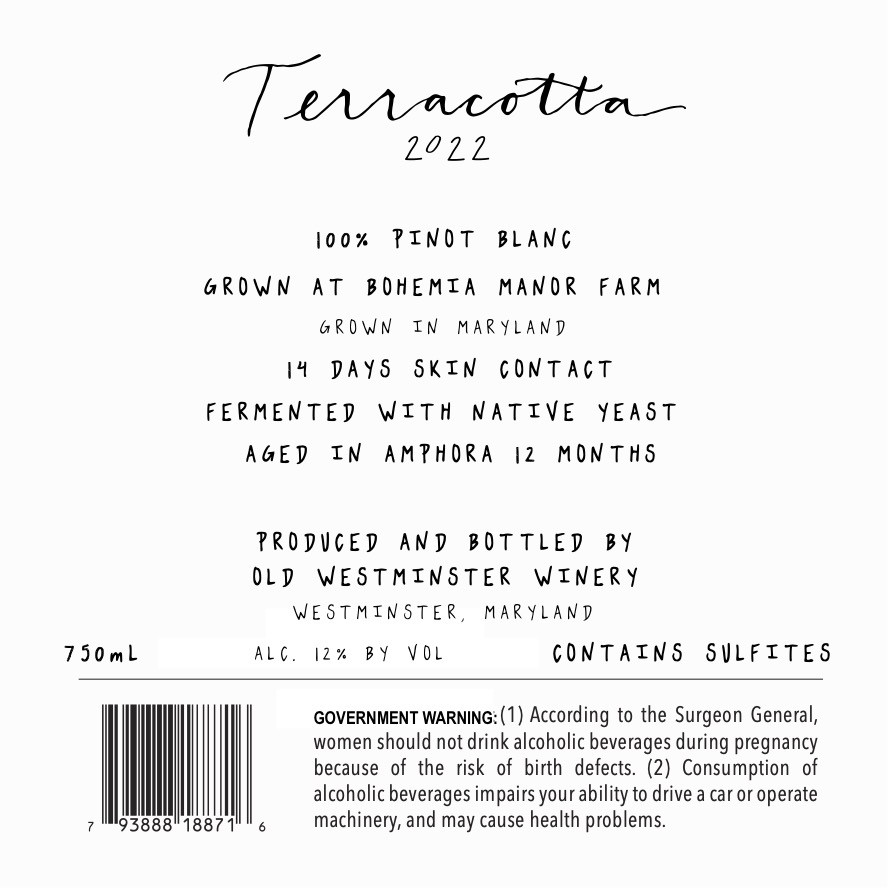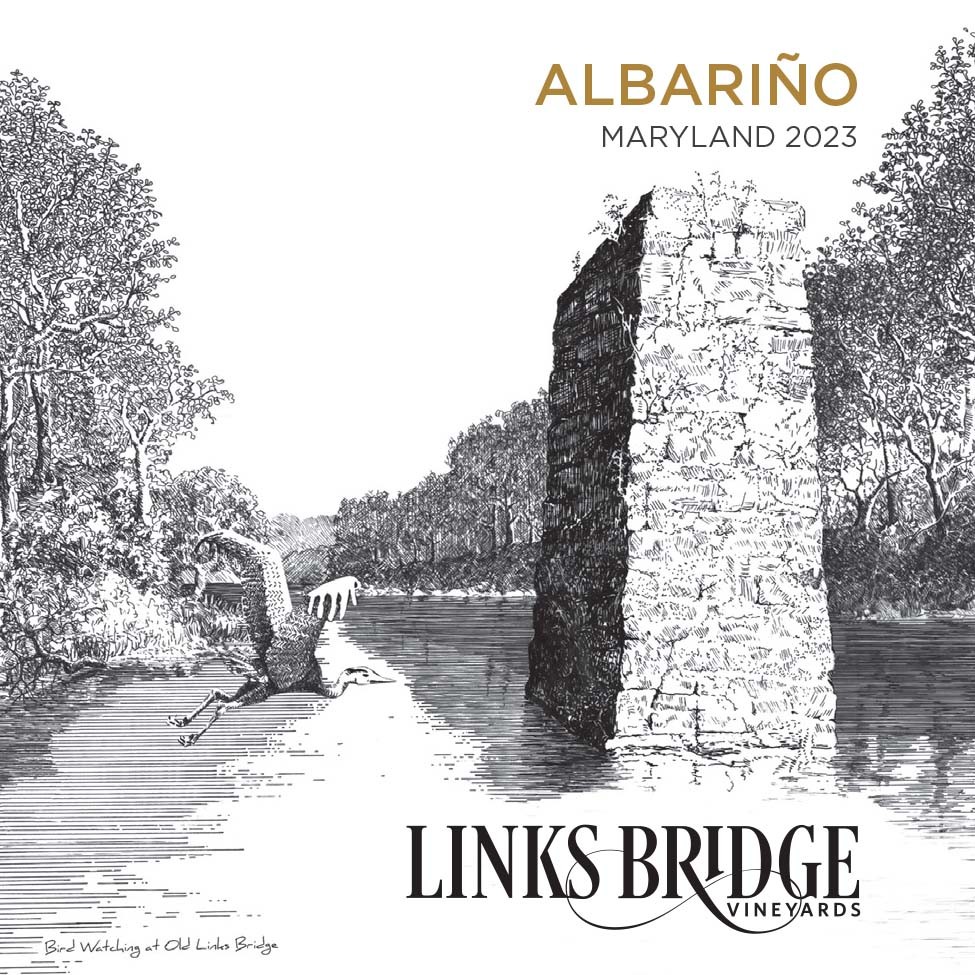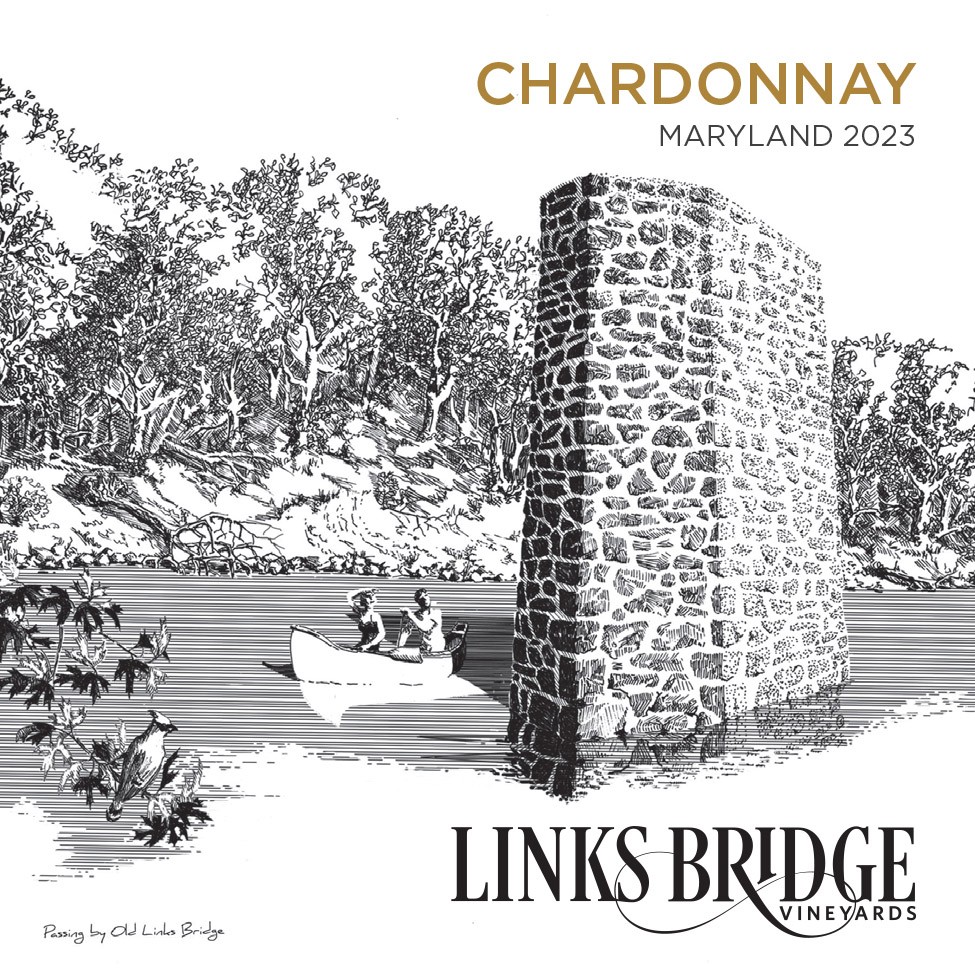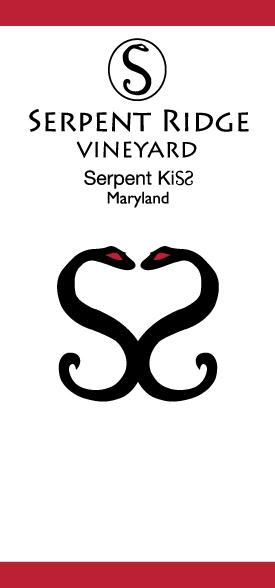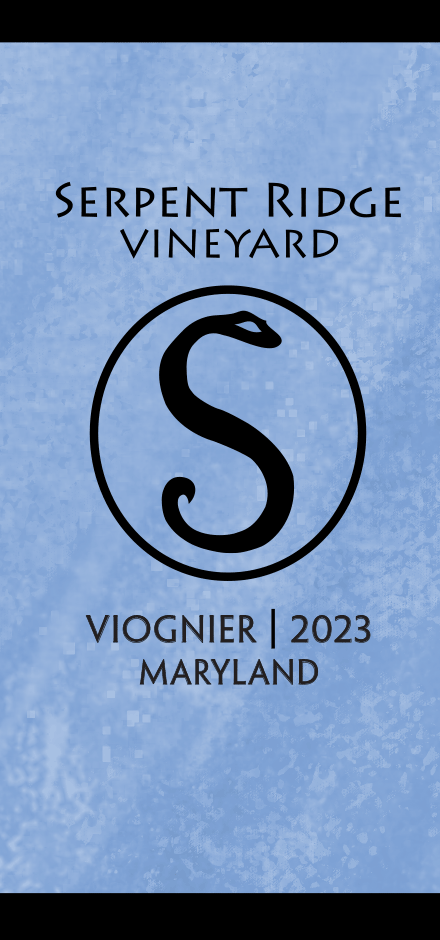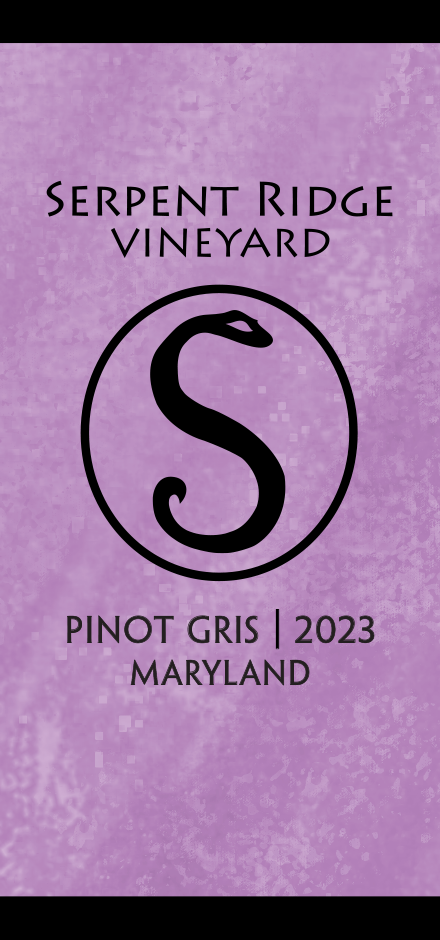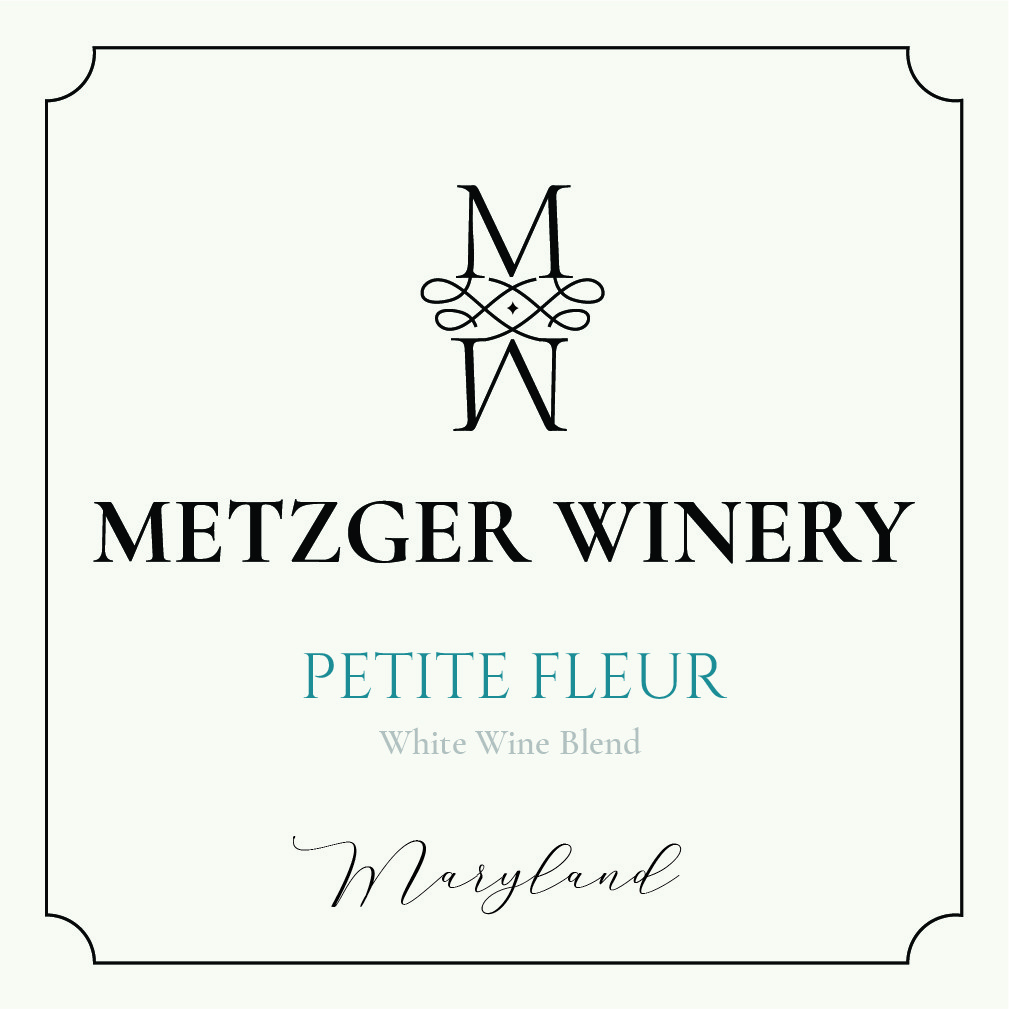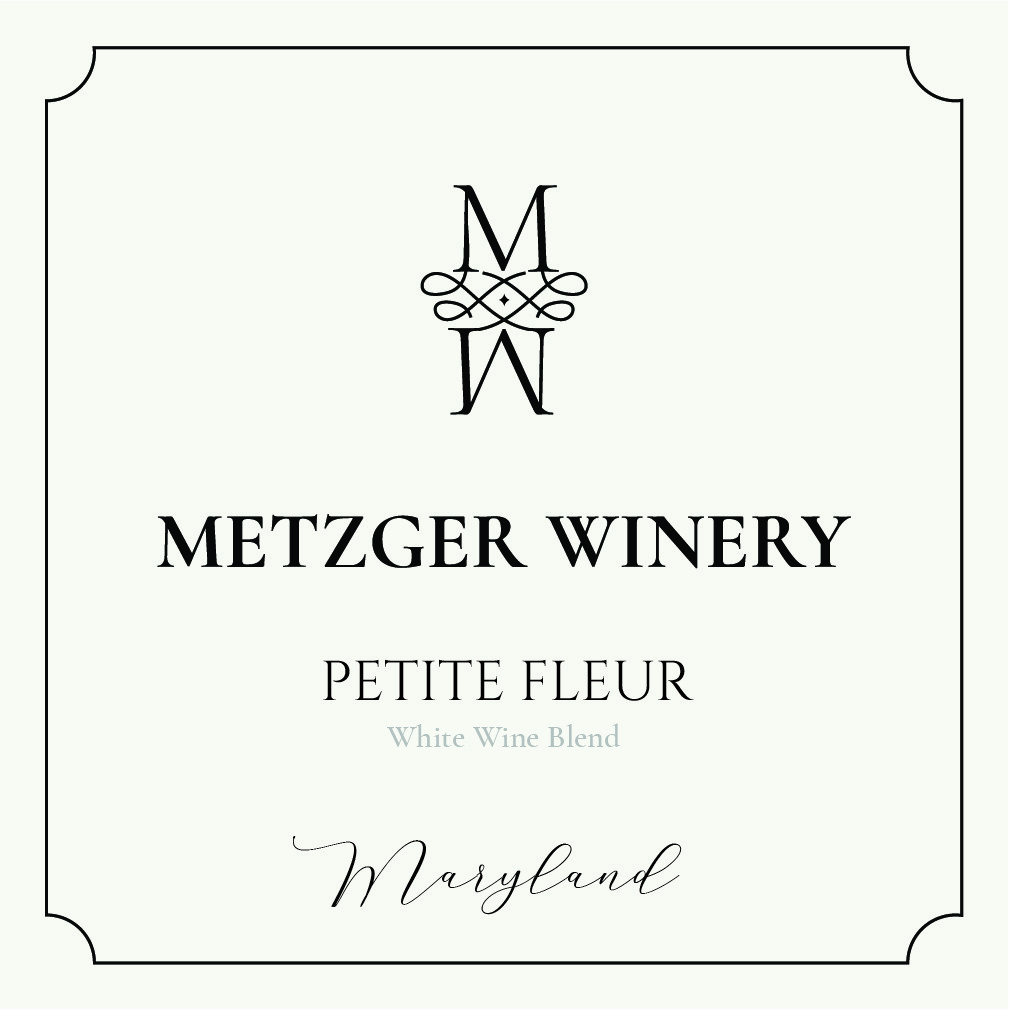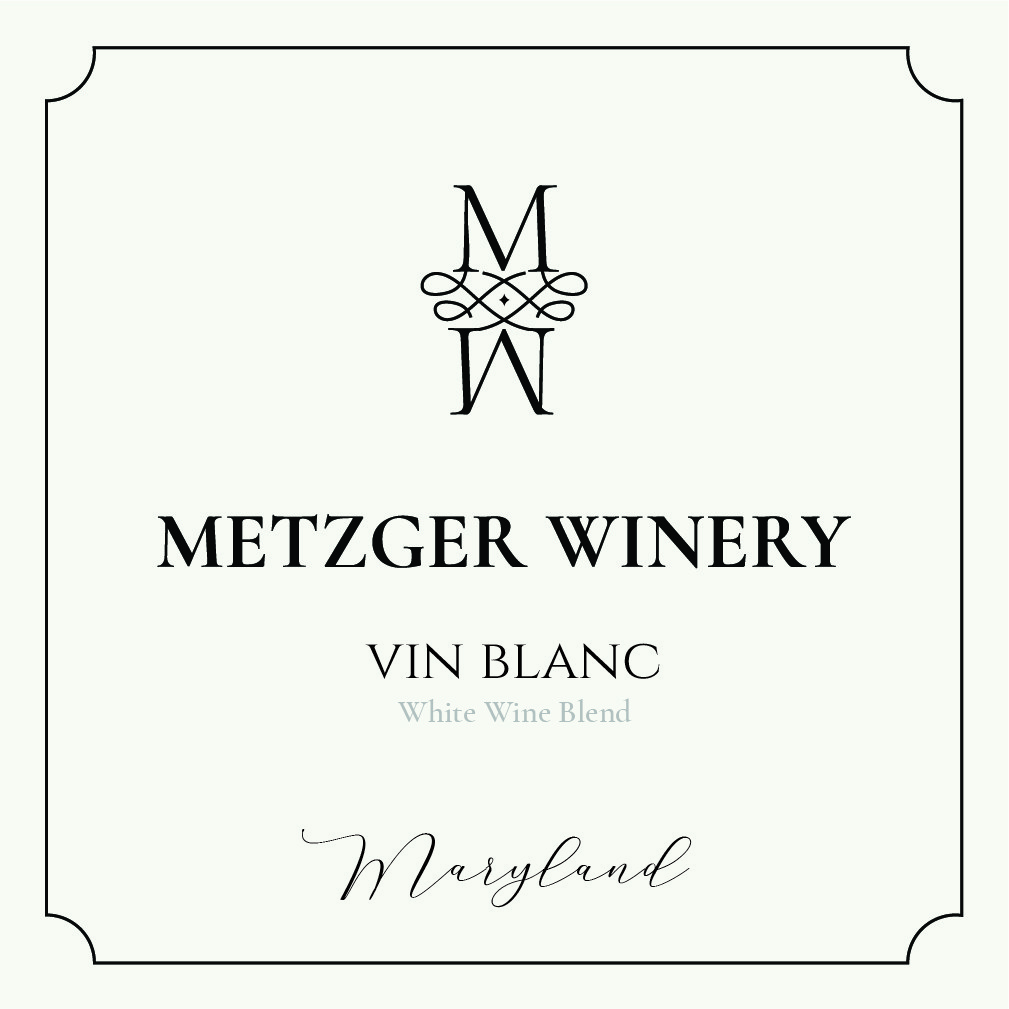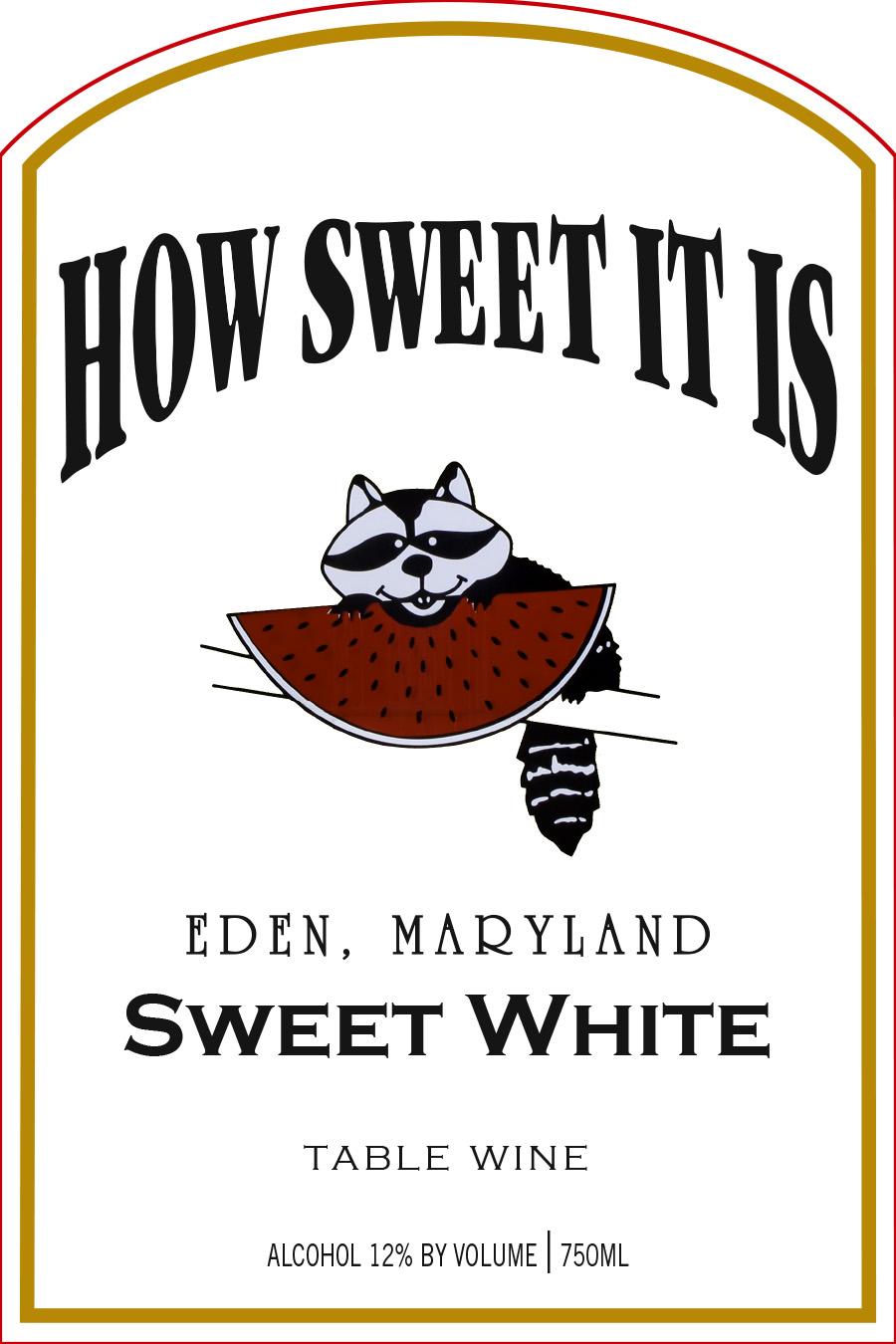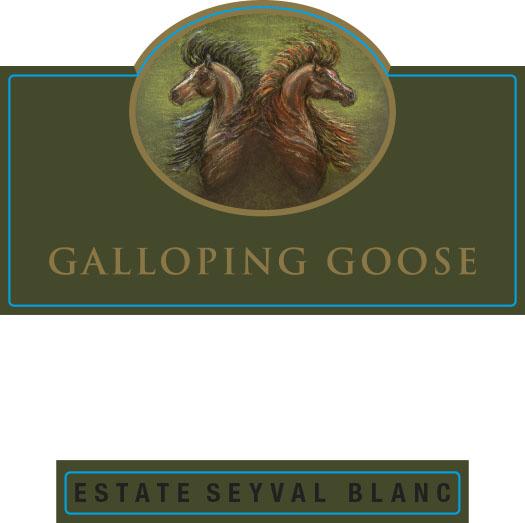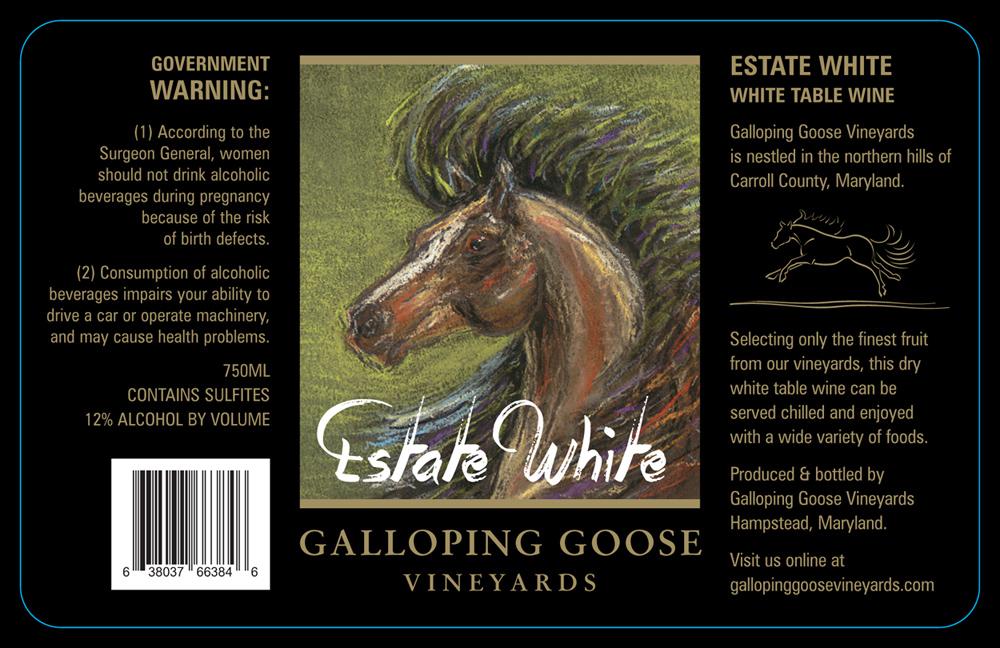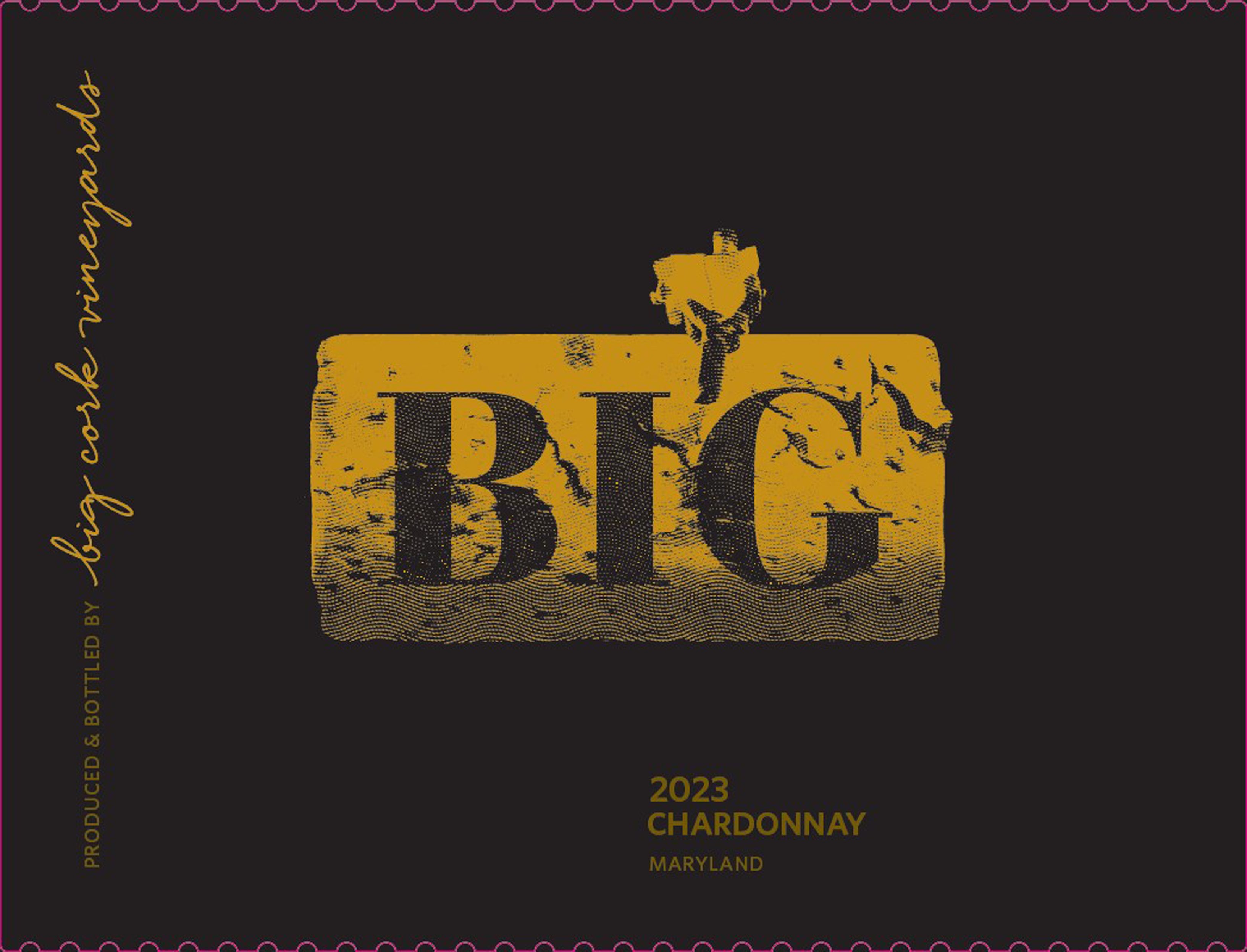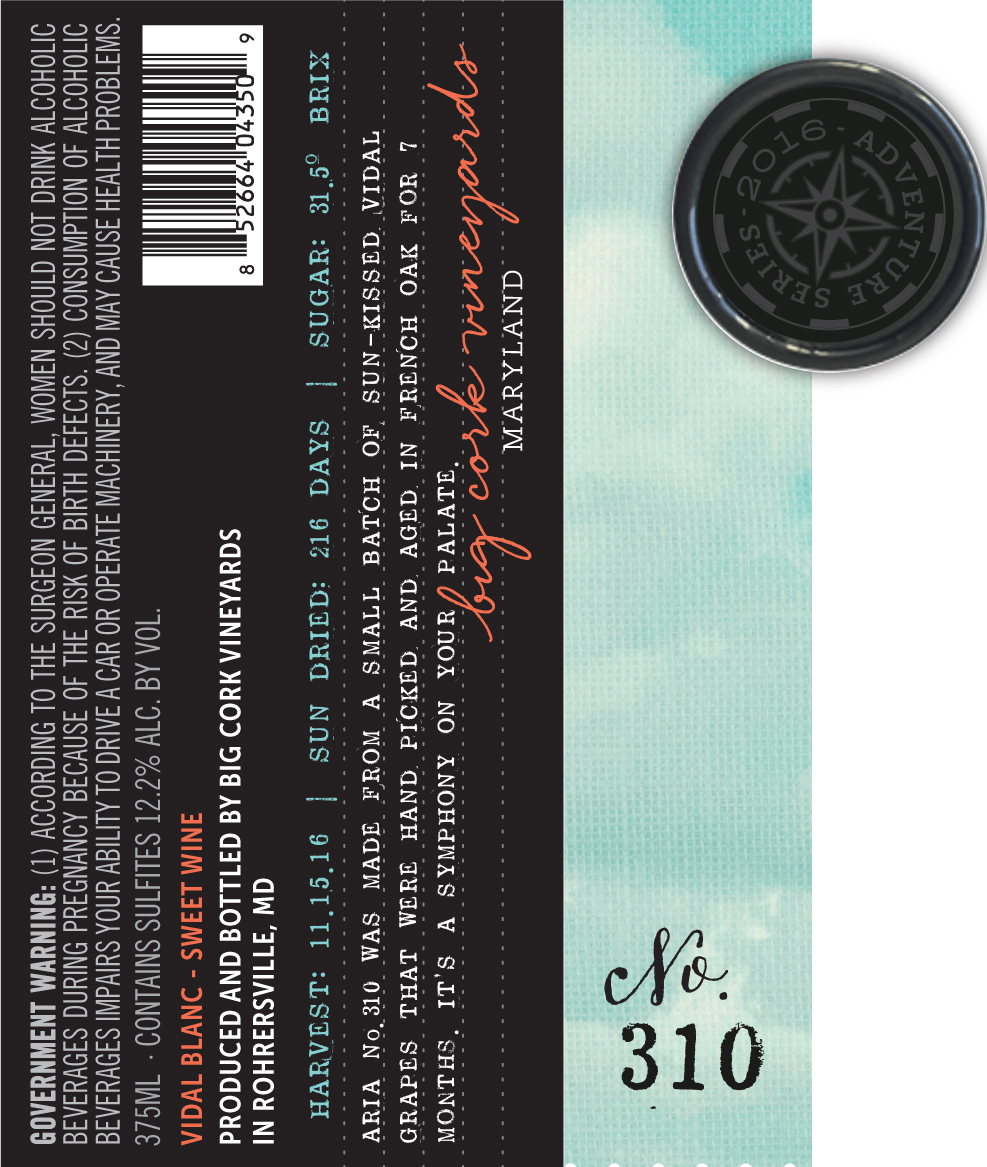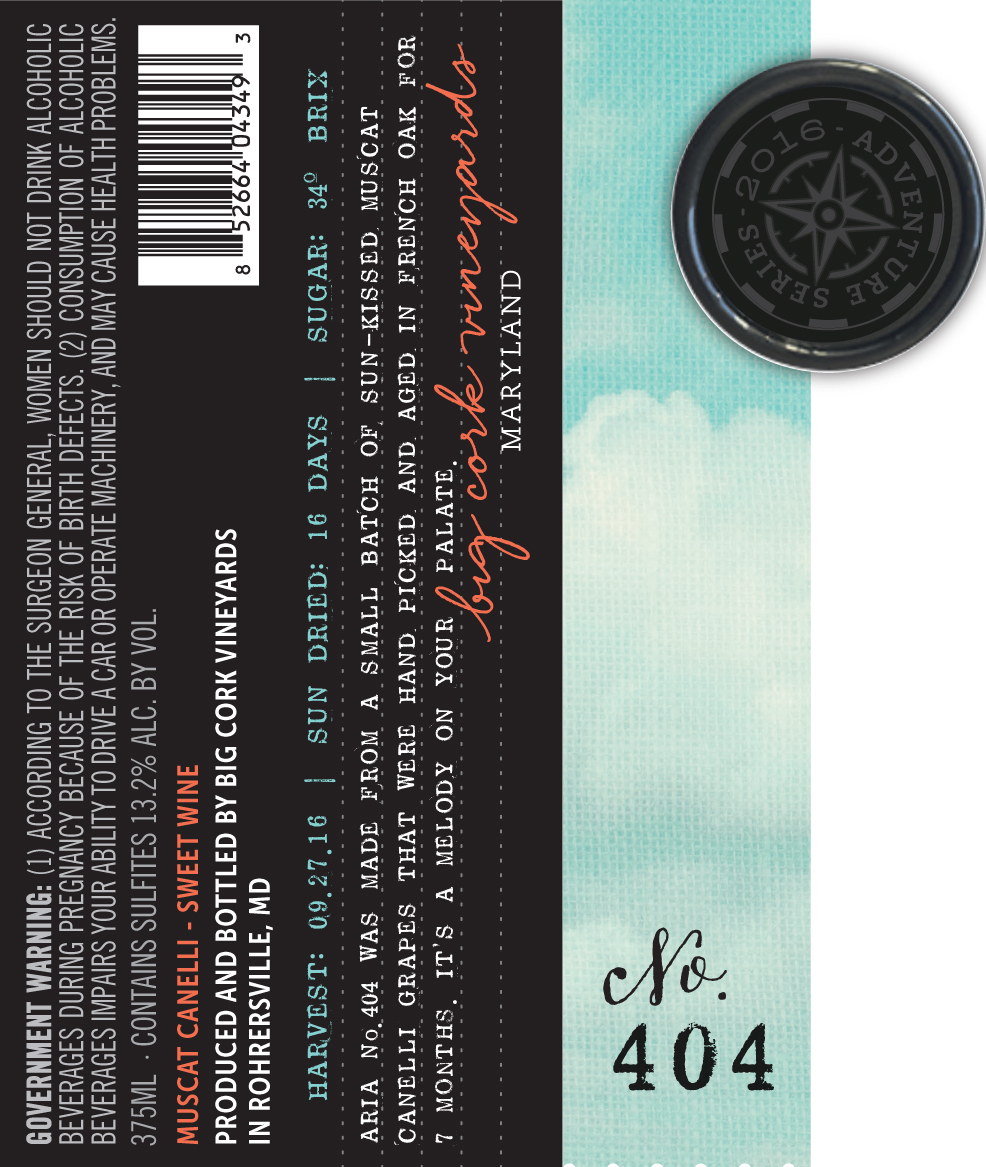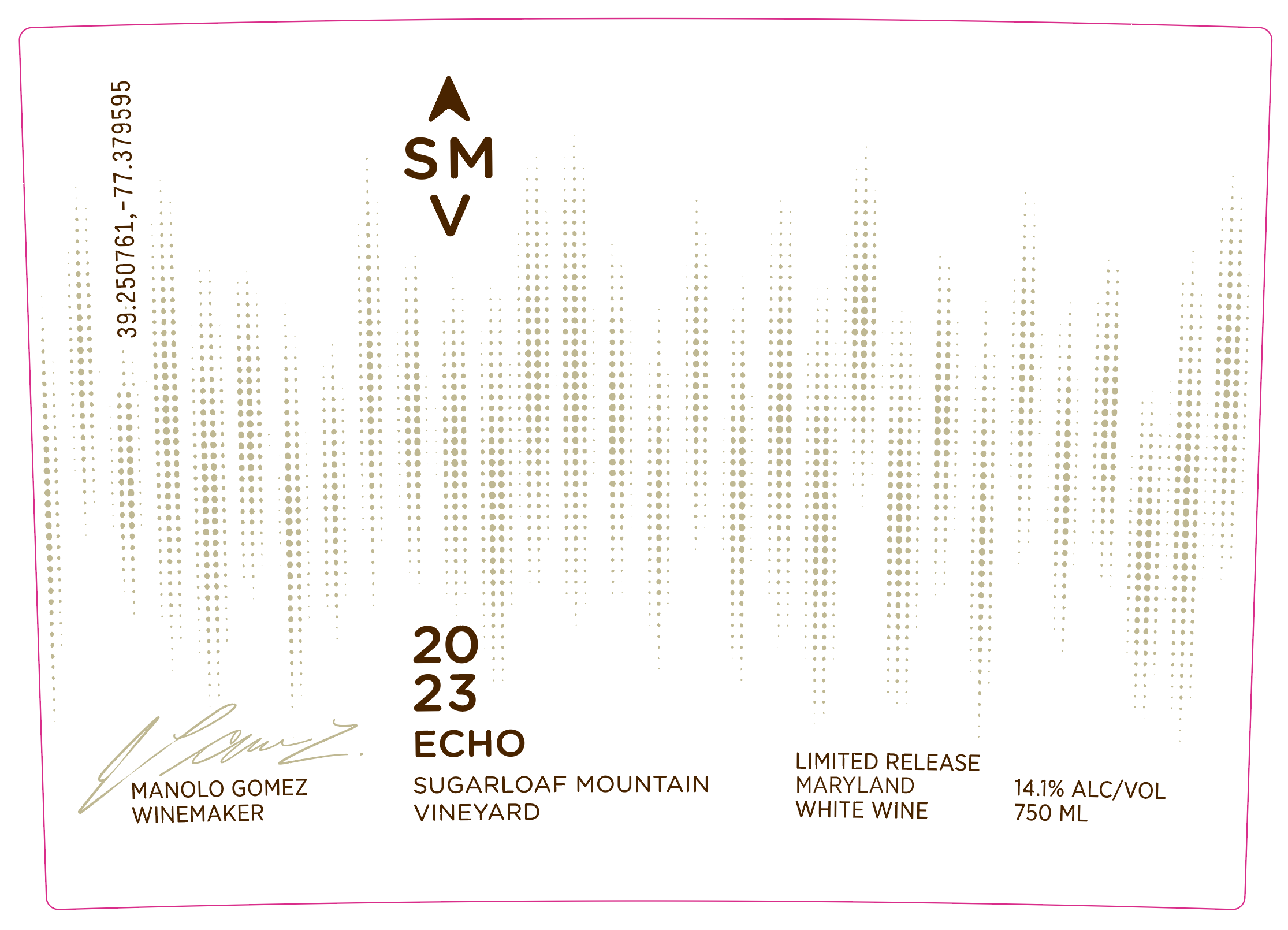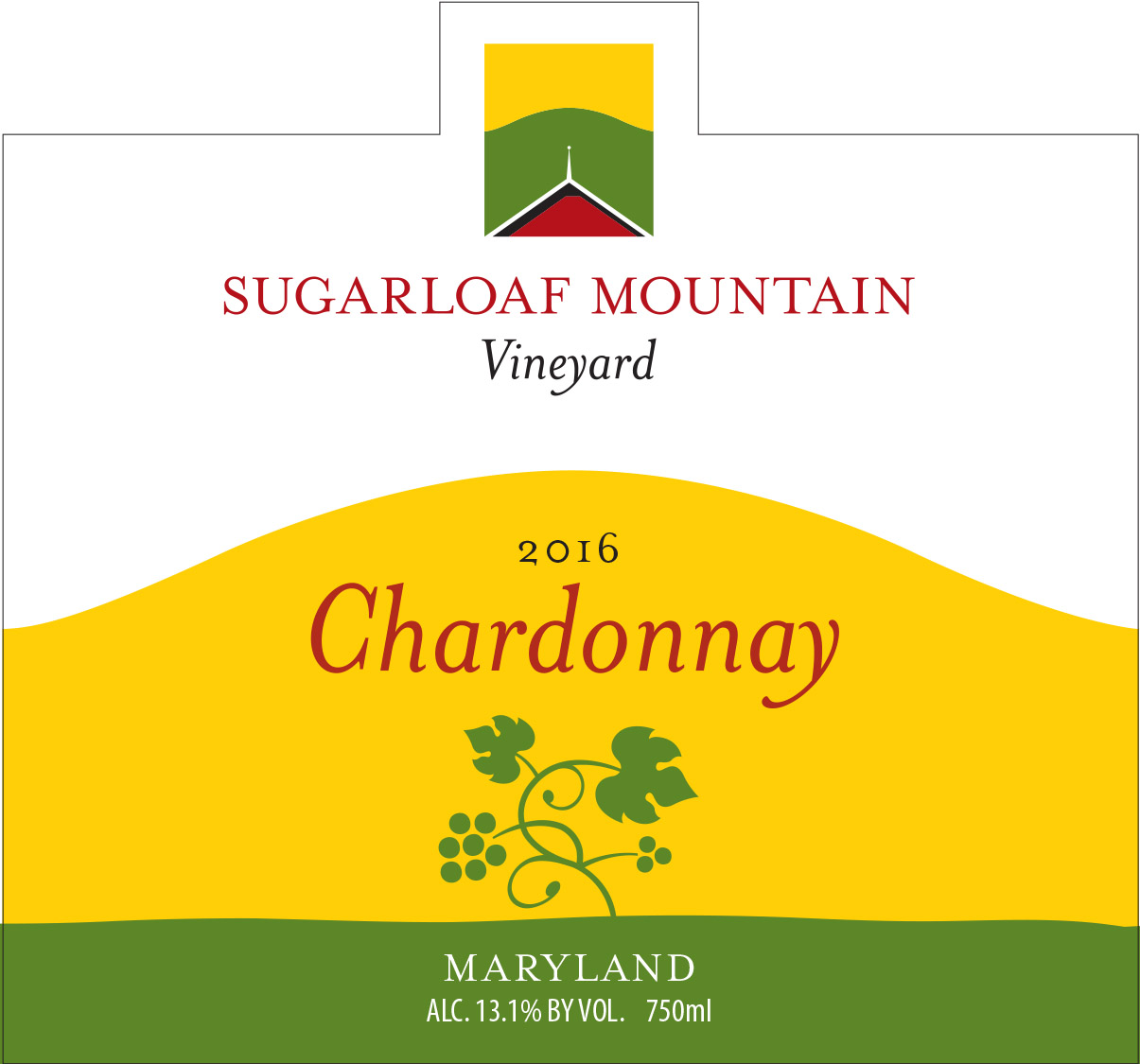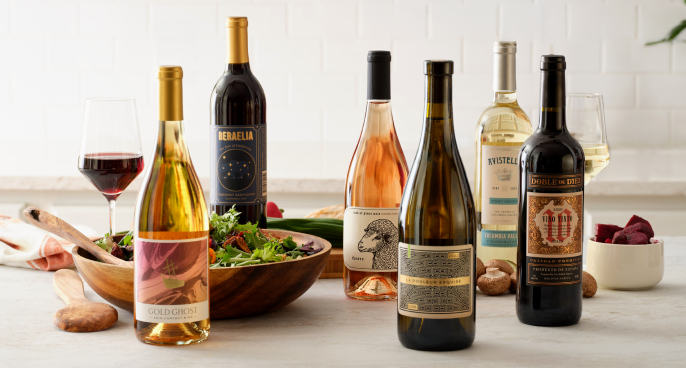Terroir of Maryland
Maryland’s diverse climate and land create a rich environment for wine-making. Each wine region has unique traits that enhance grape variety. In the Piedmont Plateau, rolling hills and loamy soils suit classic vinifera grapes, thanks to warm summers and cool autumns. The Eastern Shore benefits from sandy soils and sea breezes, producing ripe, zesty flavors. The Southern Plain has a humid subtropical climate with sandy loams, ideal for bold Mediterranean reds like Barbera. In the Western Mountain, cooler climates with rocky soils produce robust wines with high acidity.
Maryland’s climate varies from hot summers to cold winters, offering unique growing conditions. This supports a wide range of grape varieties, from classic Bordeaux blends to hearty hybrids, resulting in wines with distinct local character.
Notable Wineries in Maryland
Maryland's wine scene is a delightful mix of historic estates and fresh boutique wineries. Let's explore some standout producers building the state's wine reputation:
-
Boordy Vineyards: As Maryland's oldest winery, Boordy offers diverse wines from two distinct vineyards.
-
Black Ankle Vineyards: Known for estate-grown Bordeaux-style blends and sustainable practices.
-
Old Westminster Winery: Innovative small-batch, natural wines crafted by the Baker siblings.
-
Crow Vineyard & Winery: Family-owned farm winery highlighting Eastern Shore terroir with fruit-forward wines.
-
Big Cork Vineyards: Recognized for award-winning dessert wines and unique varietals.
Sustainable Winemaking in Maryland
In Maryland, sustainability is a cornerstone of the wine industry, deeply rooted in the state’s agricultural heritage and the delicate ecosystem of the Chesapeake Bay. Growers employ integrated pest management and low-input techniques to manage humidity and pests, enhancing vineyard health. Renewable energy is embraced, with many wineries using solar power and energy-efficient structures. Land and water conservation efforts protect the Bay watershed, with some wineries placing land under preservation trusts and employing regenerative farming practices.
Waste reduction is also a priority, with recycling and composting common. Educational programs foster community engagement and an eco-friendly mindset. These practices not only minimize environmental impact but also ensure the future of Maryland’s viticulture, aligning the state’s wine production with sustainable innovation and environmental stewardship.
Wine Tourism in Maryland
Maryland’s wine tourism offers an engaging blend of scenic beauty and diverse wine experiences. The state features nine official wine trails, such as Antietam Highlands and Chesapeake, perfect for self-guided tours that mix vineyards with local history. Wineries host lively events with live music, food trucks, and guided tastings, enhancing the community vibe.
The annual Maryland Wine Festival, established in 1984, is a major draw for enthusiasts, showcasing hundreds of local wines. Thanks to its compact size, Maryland allows easy exploration from cities like Baltimore and Washington D.C., with varied landscapes from the rolling hills of Piedmont Plateau to the coastal charm of the Eastern Shore. The region’s distinct climate supports a range of grape varieties, from Cabernet Franc to fruity hybrids, while sustainability practices preserve the environment. Maryland's wine scene, with its unique terroir and eco-friendly ethos, makes for a rewarding exploration.

